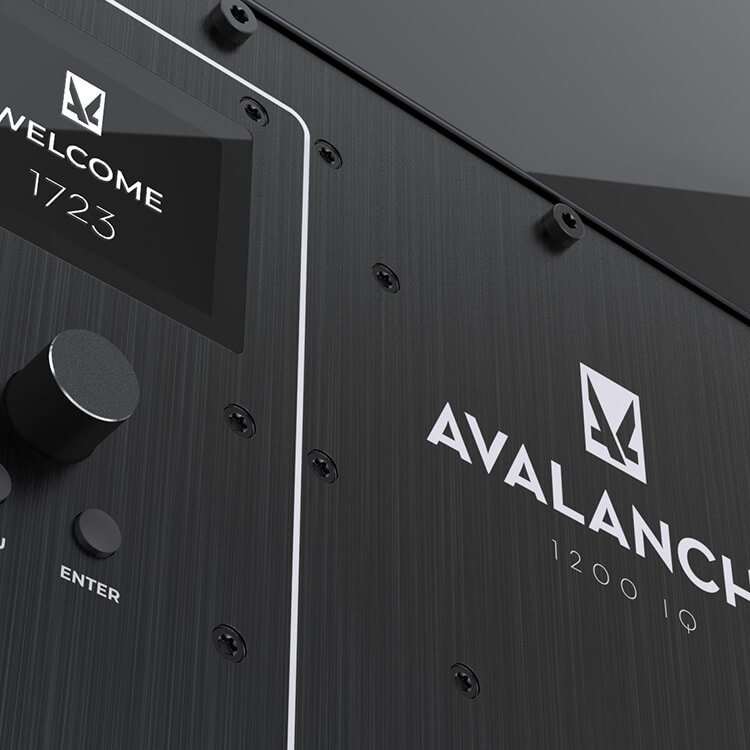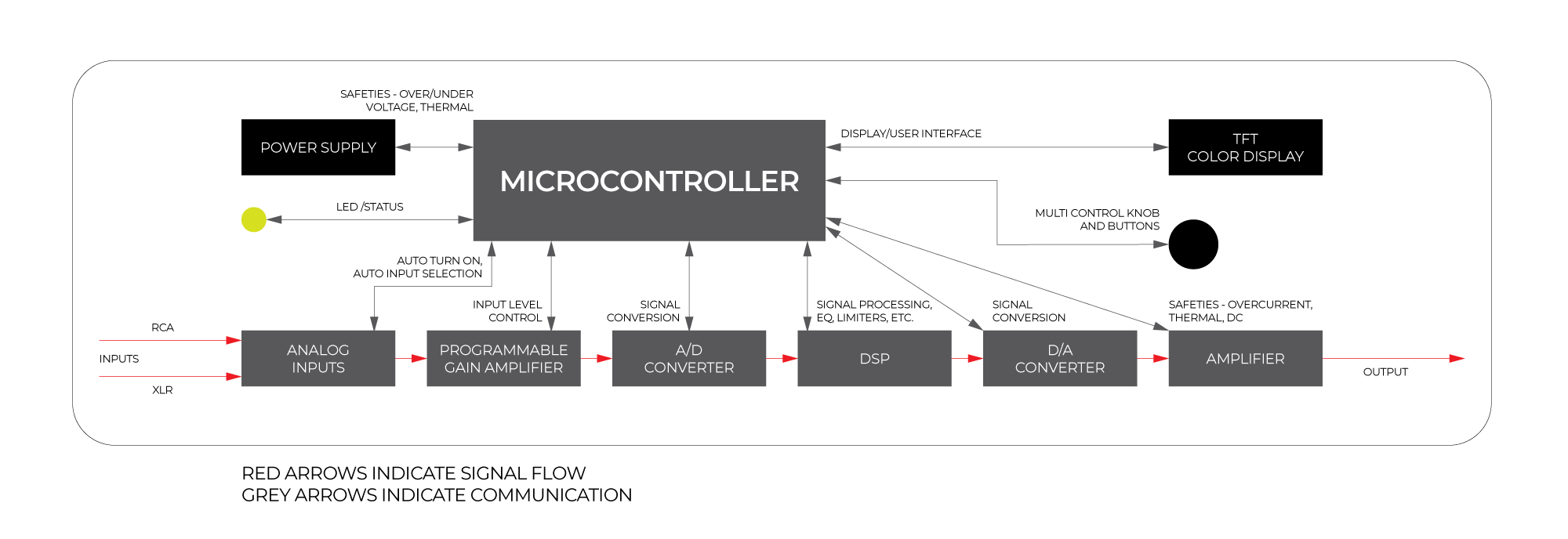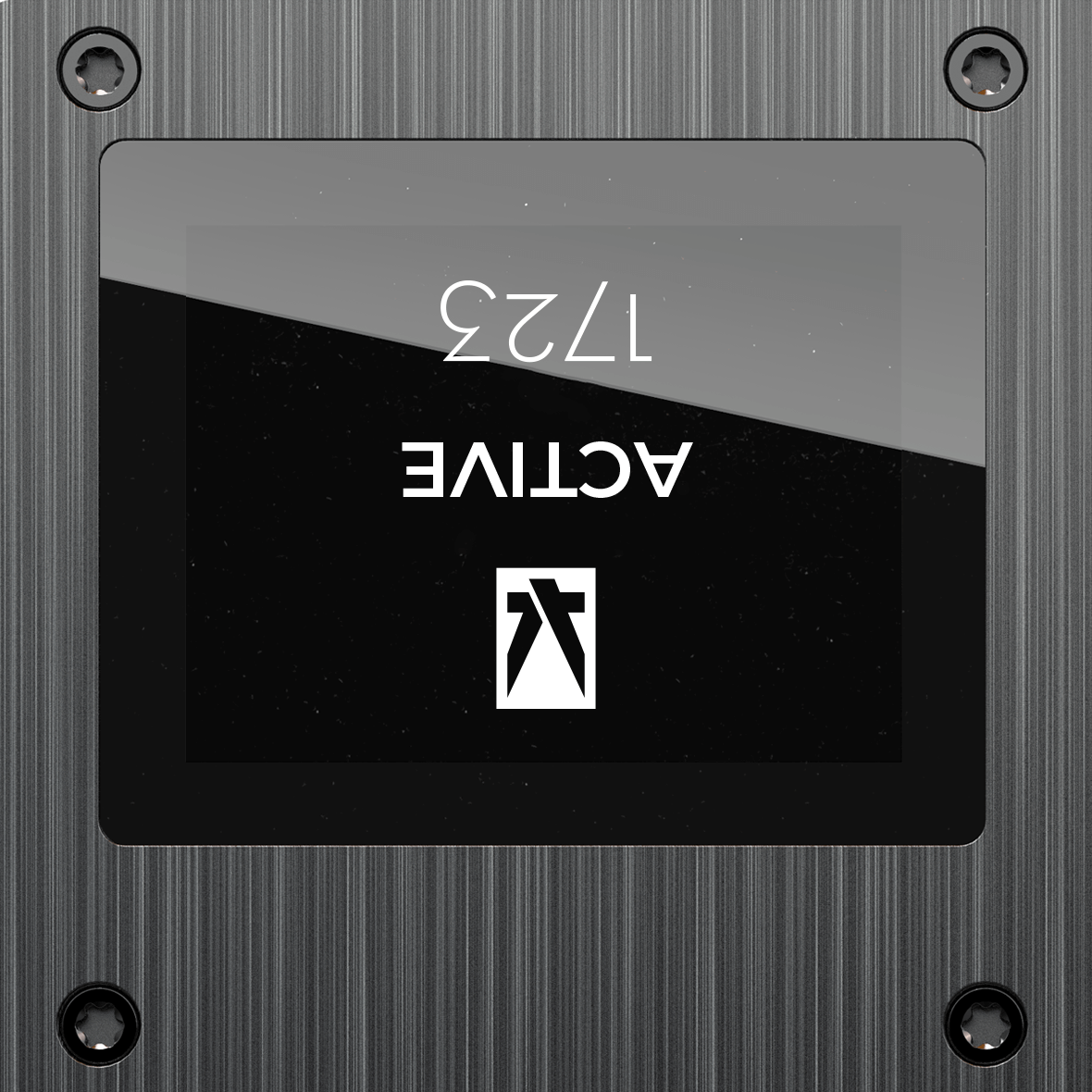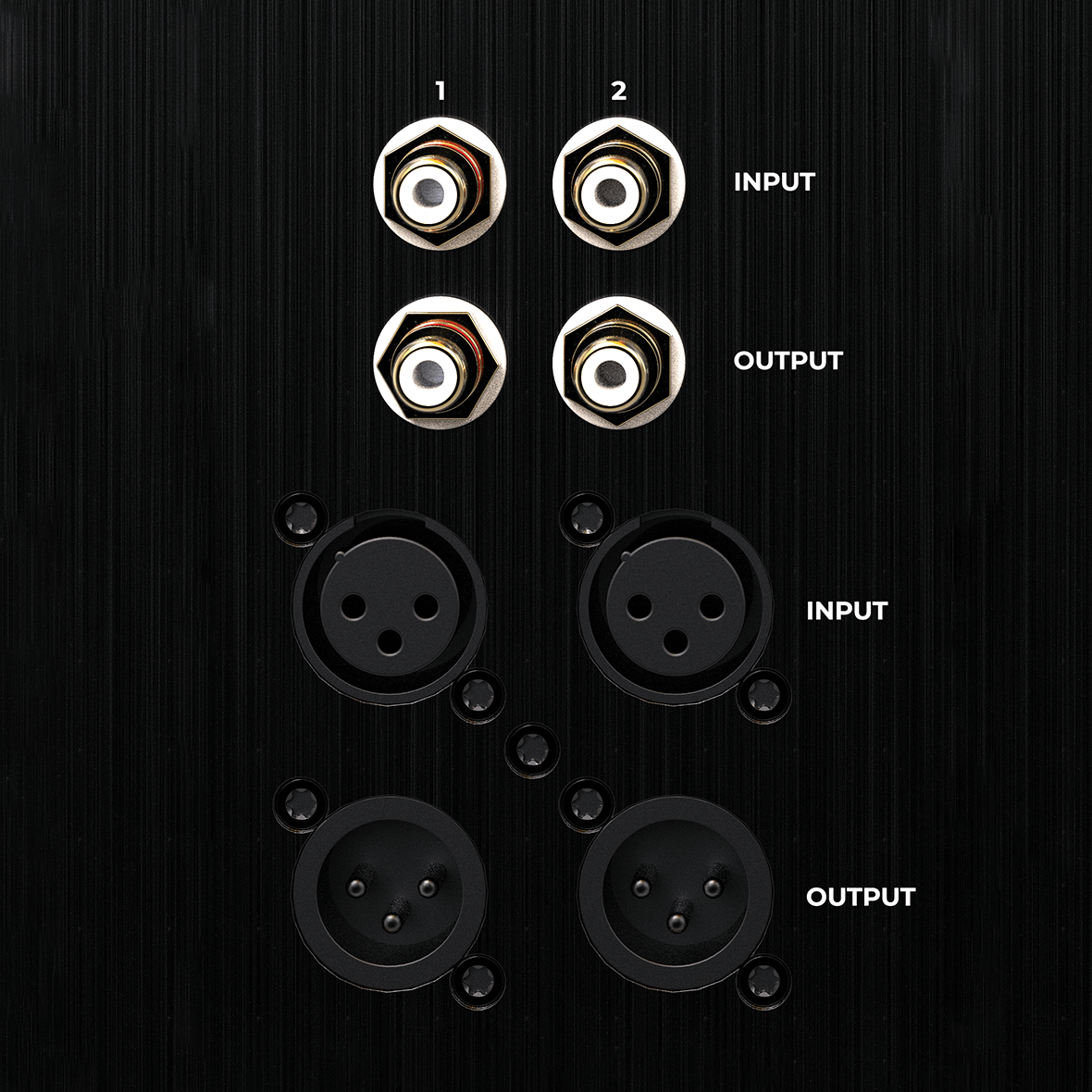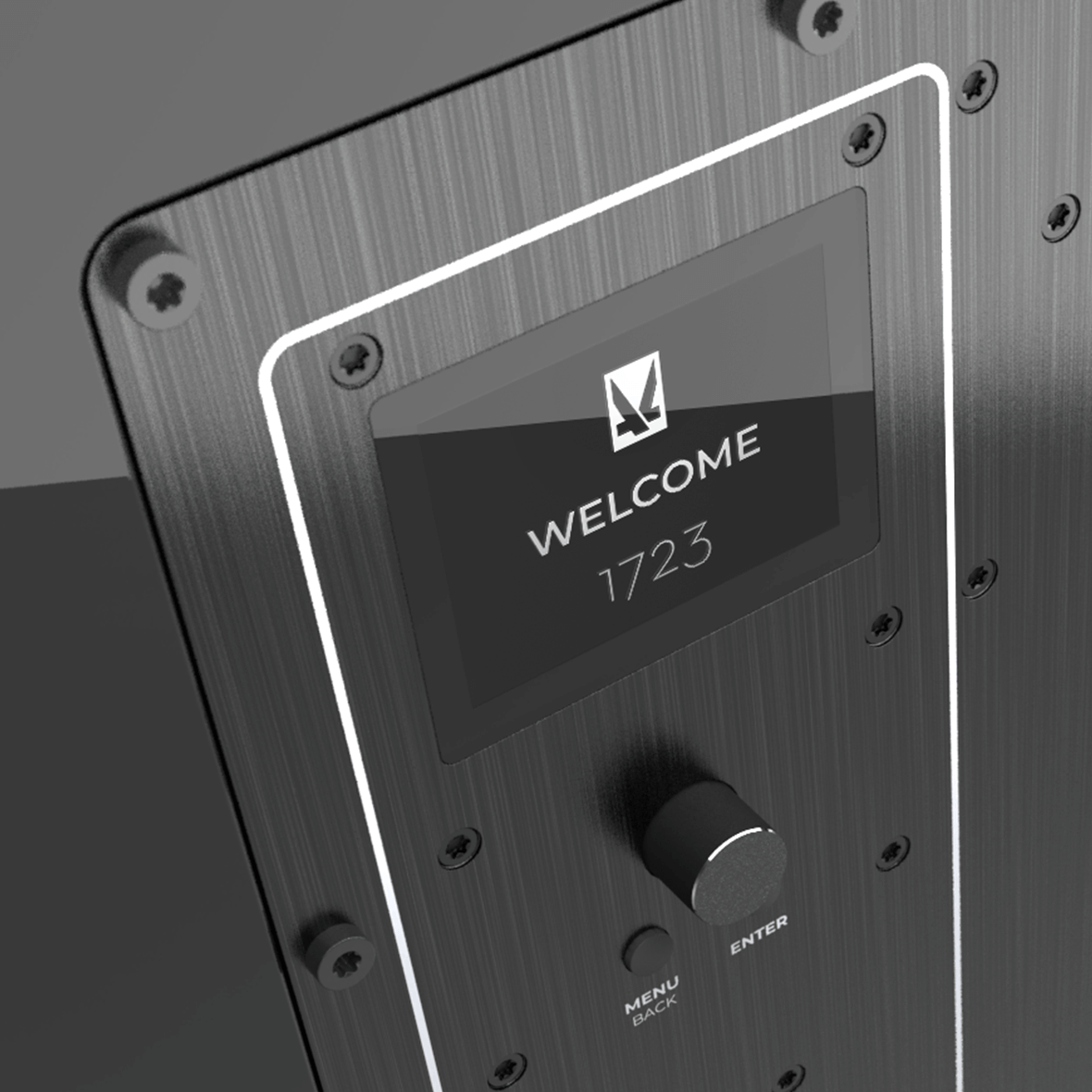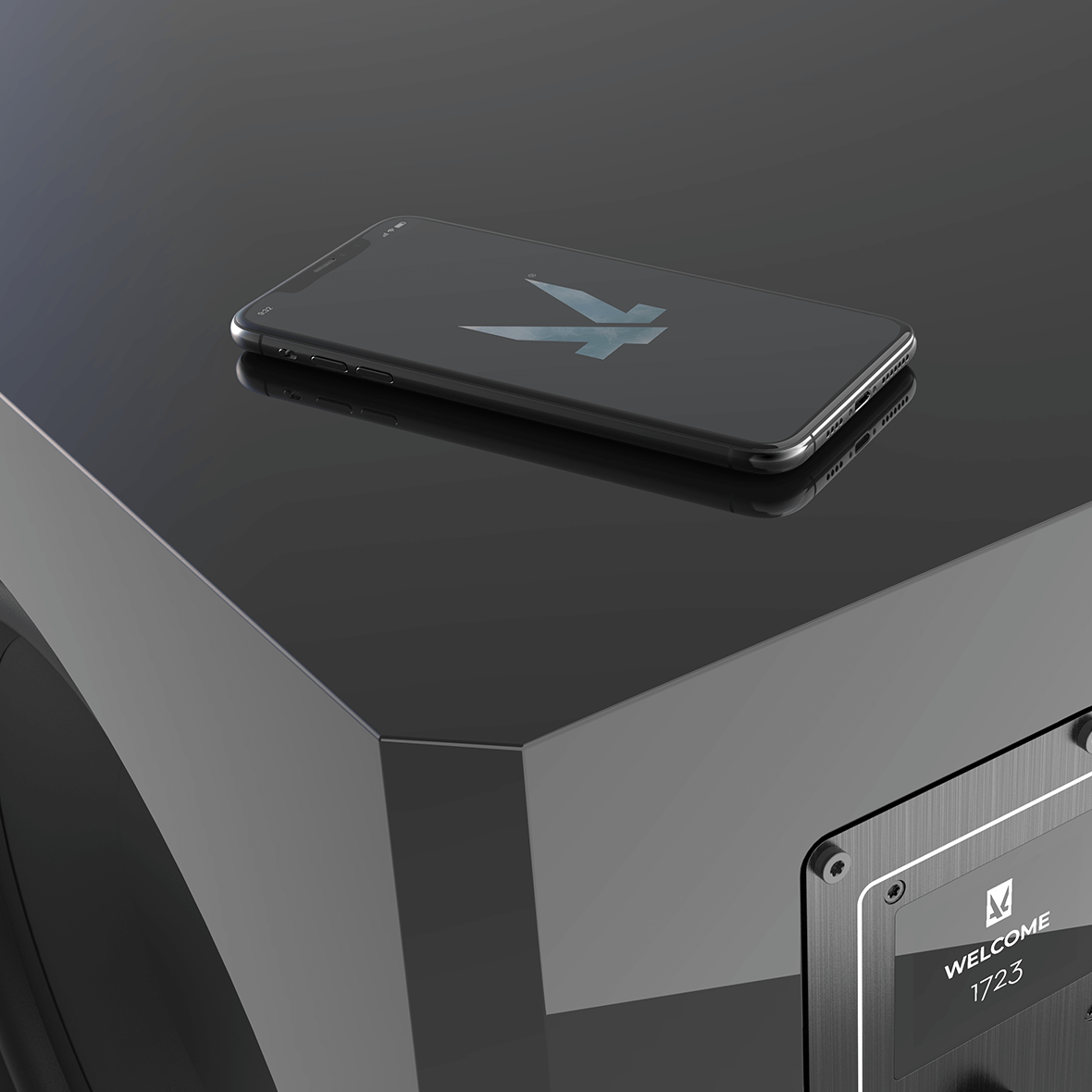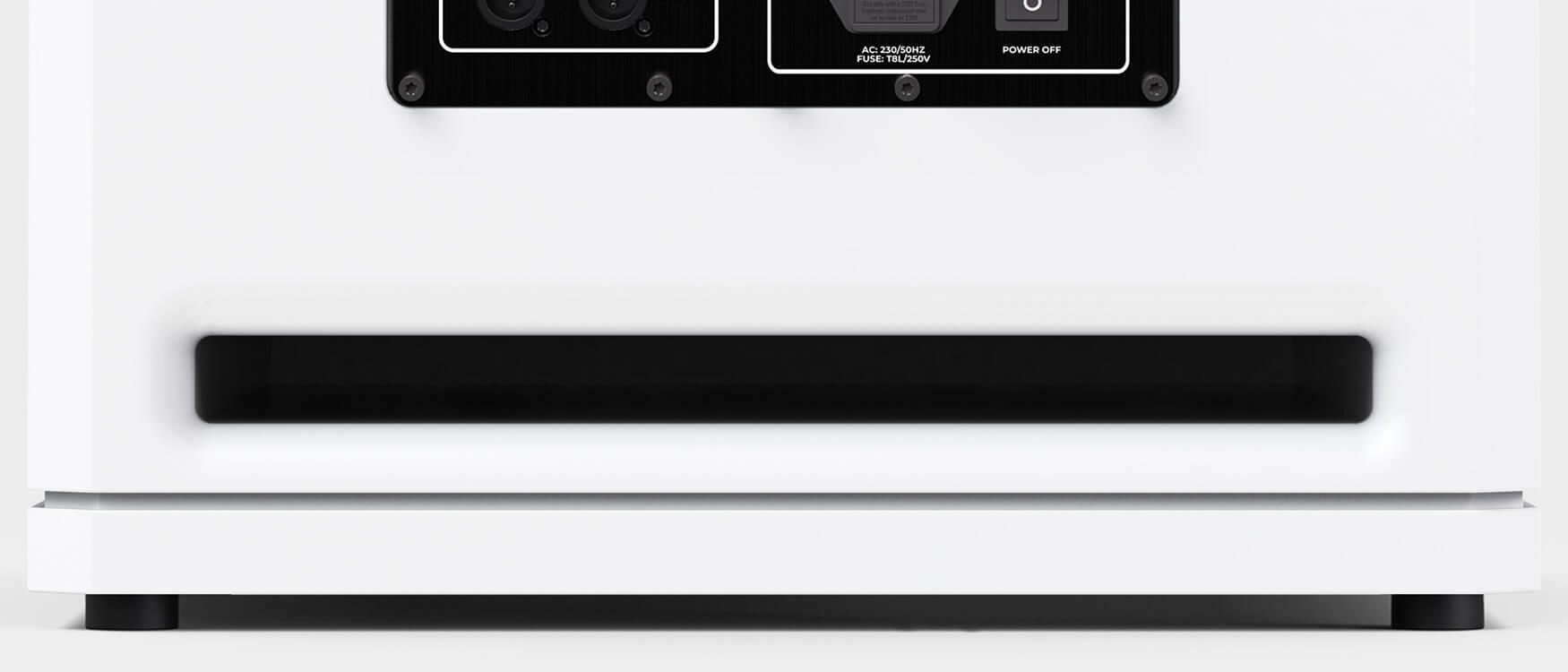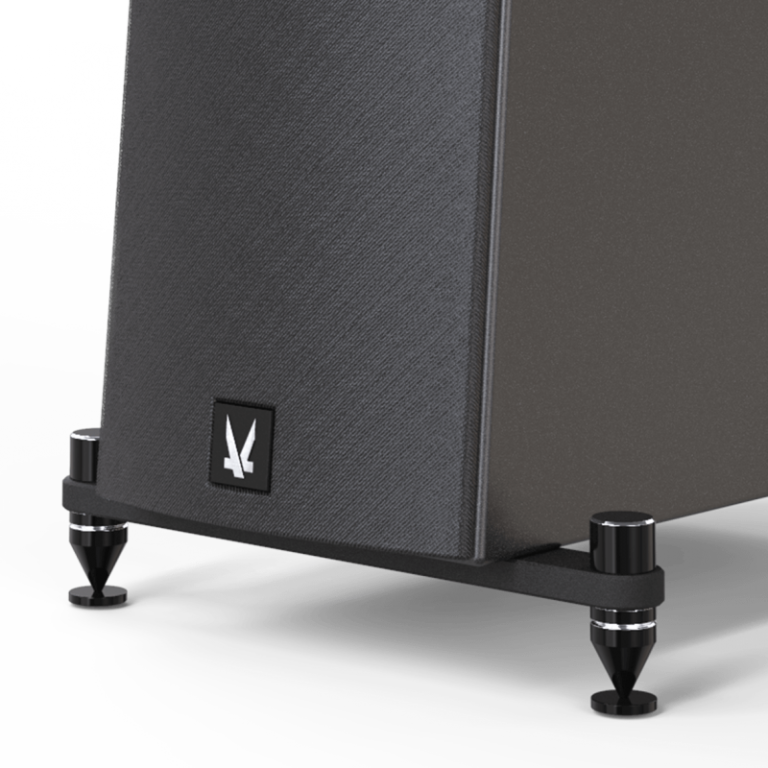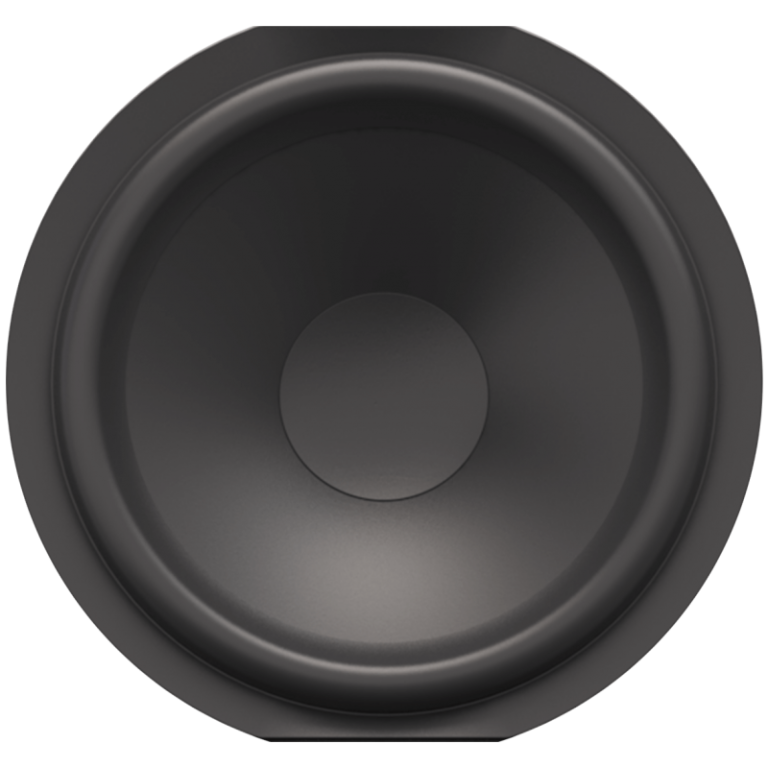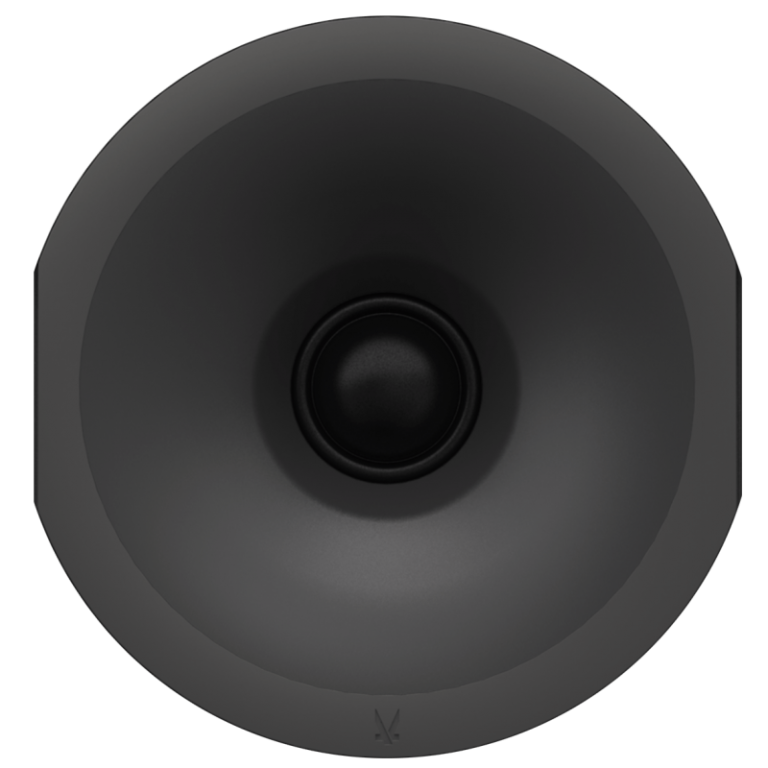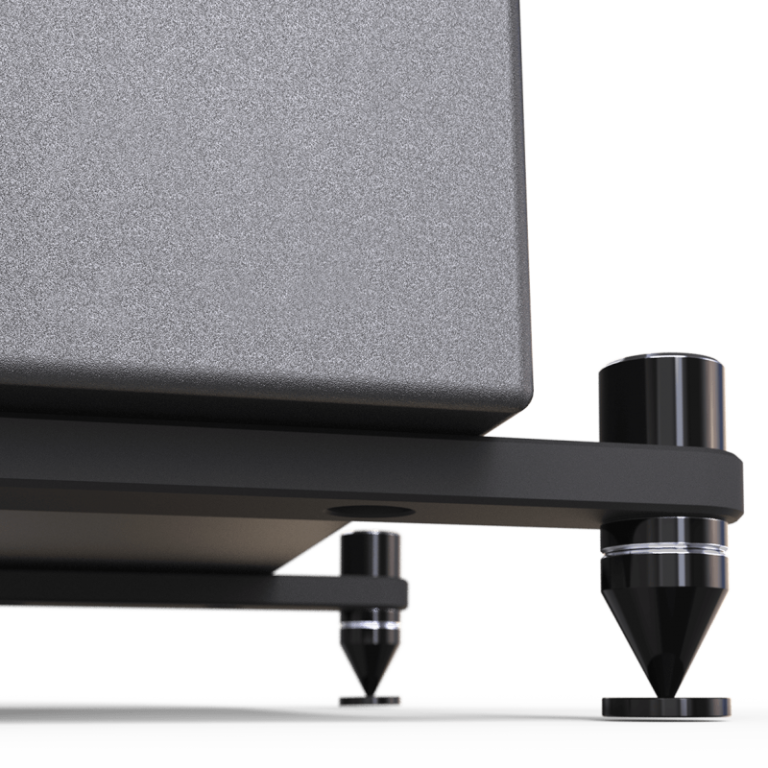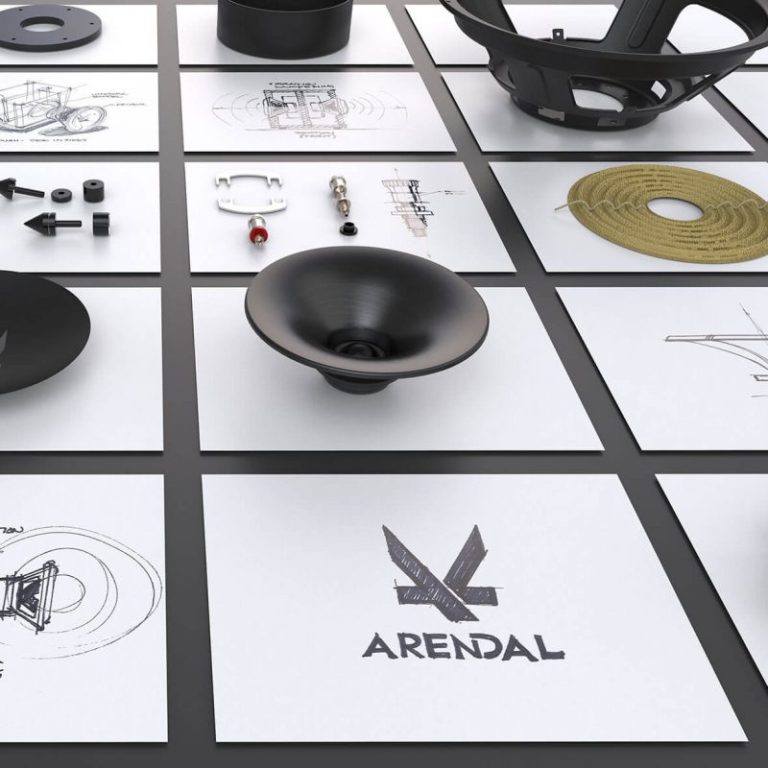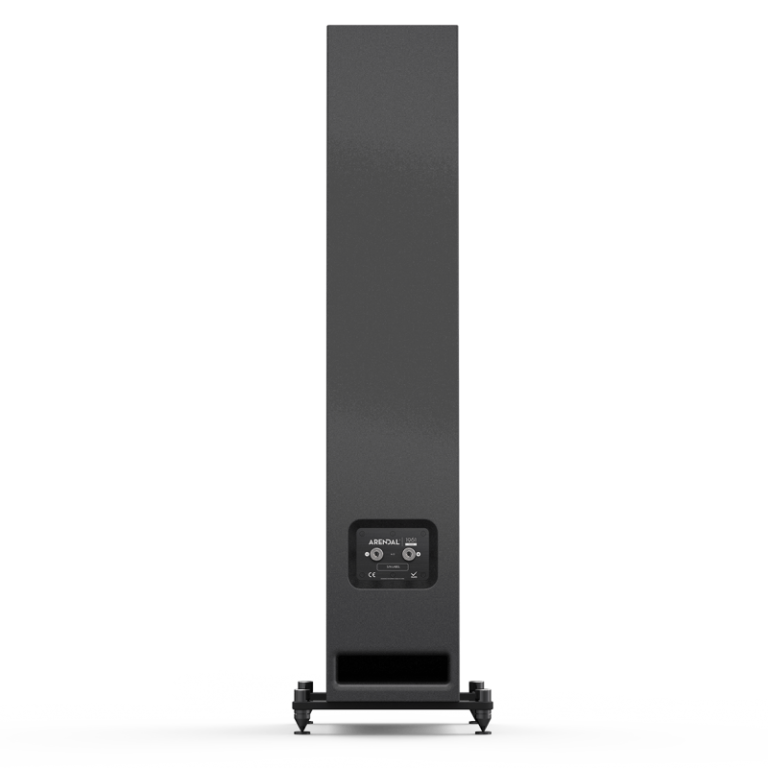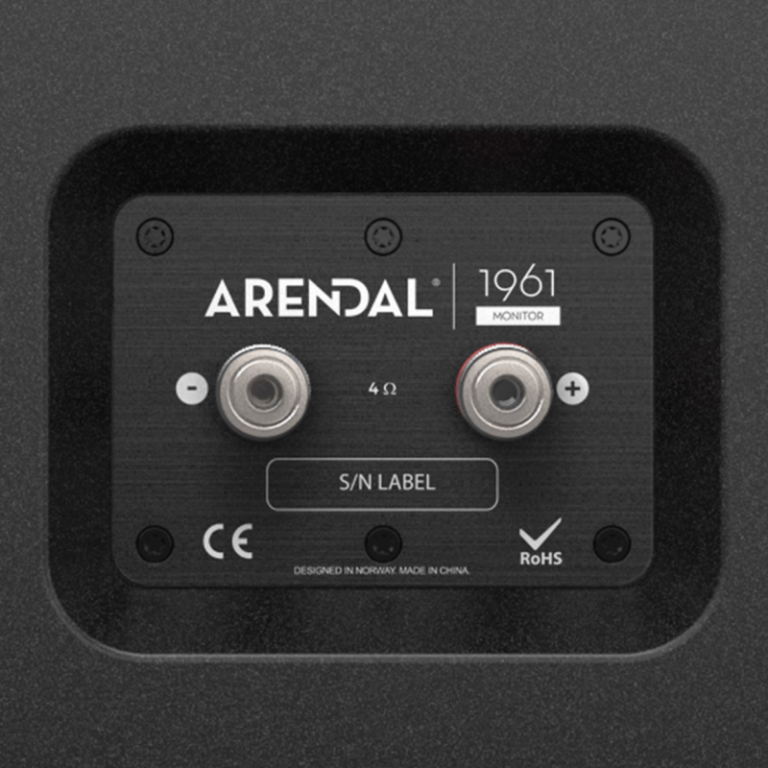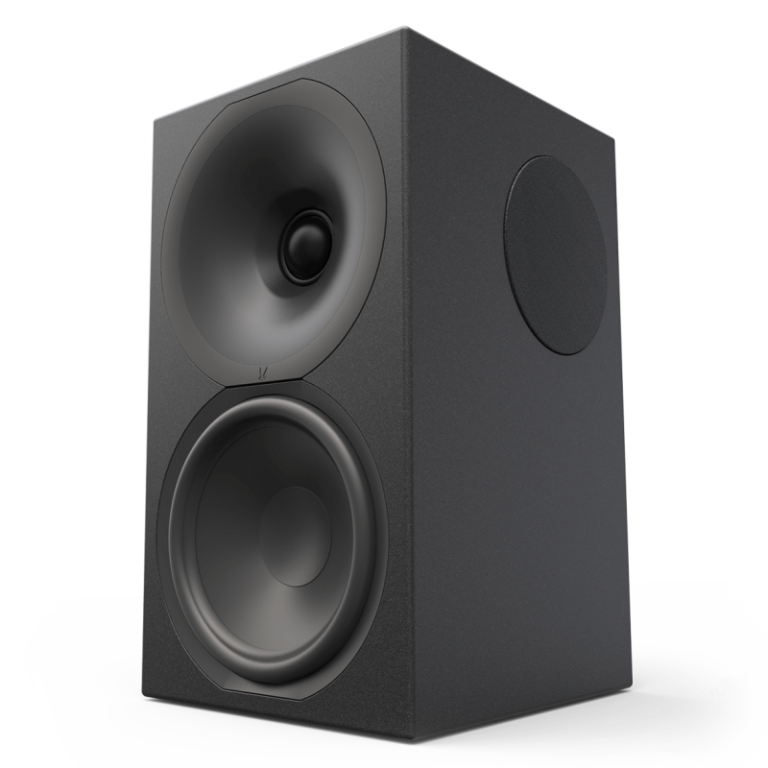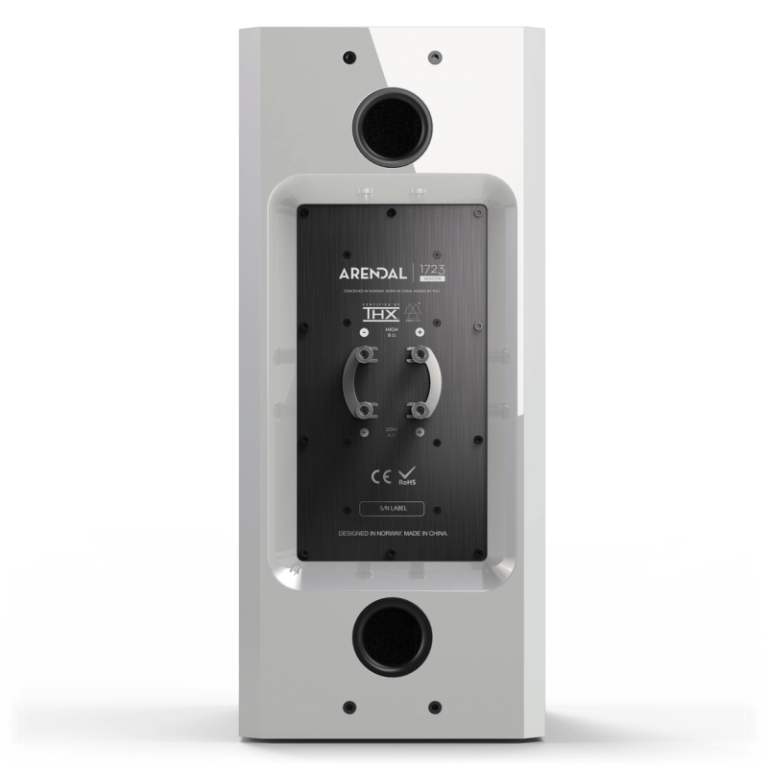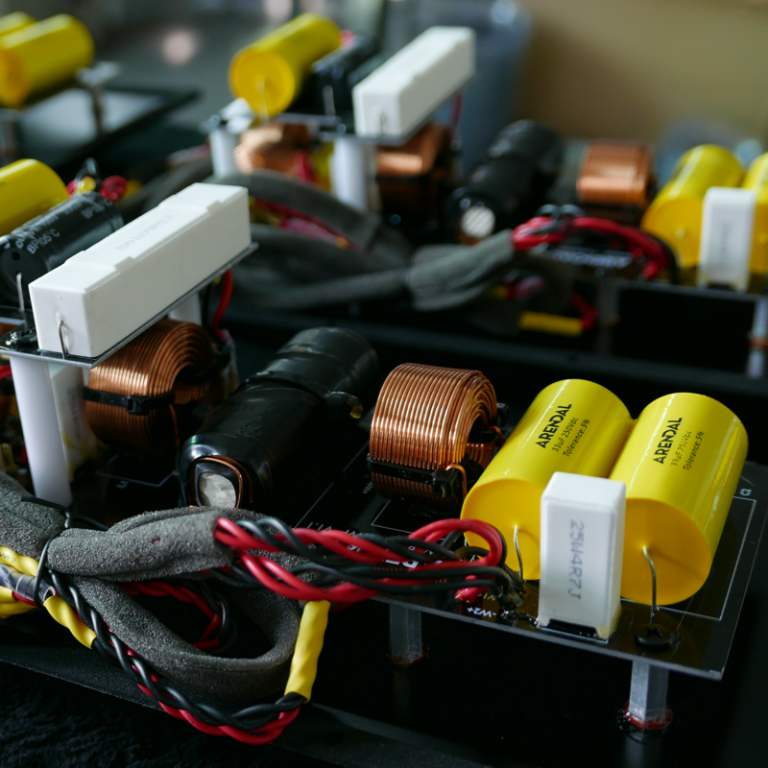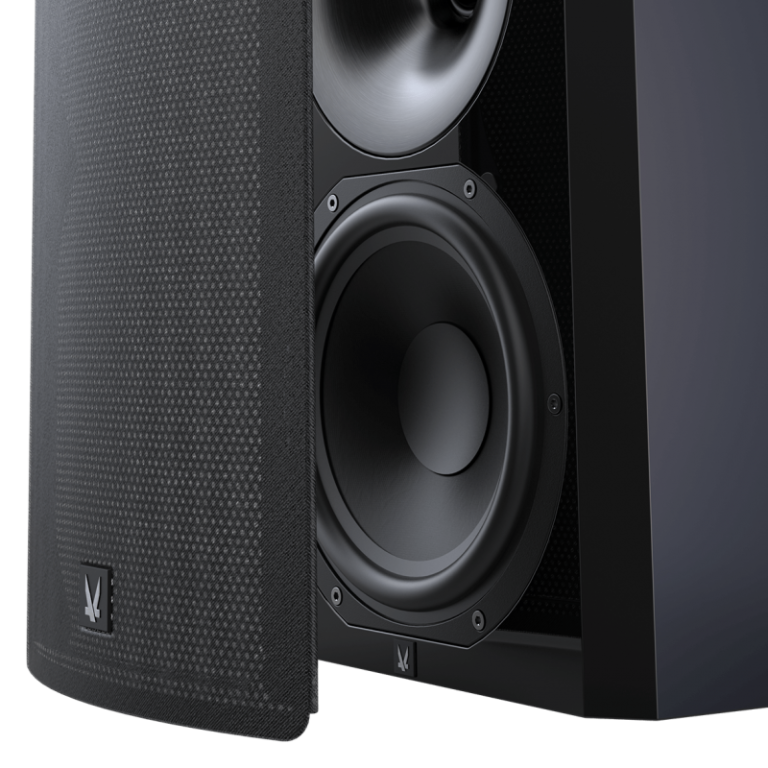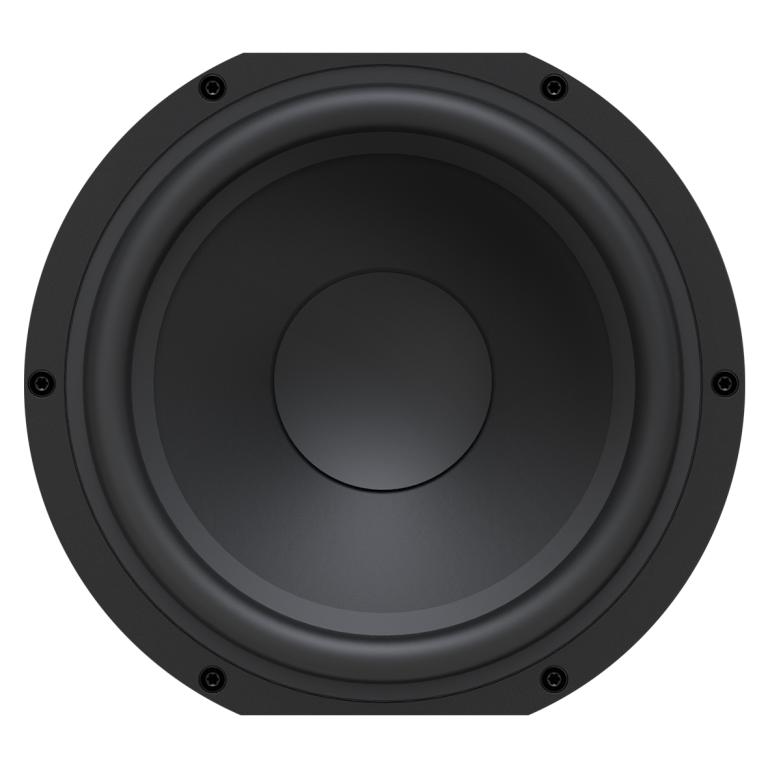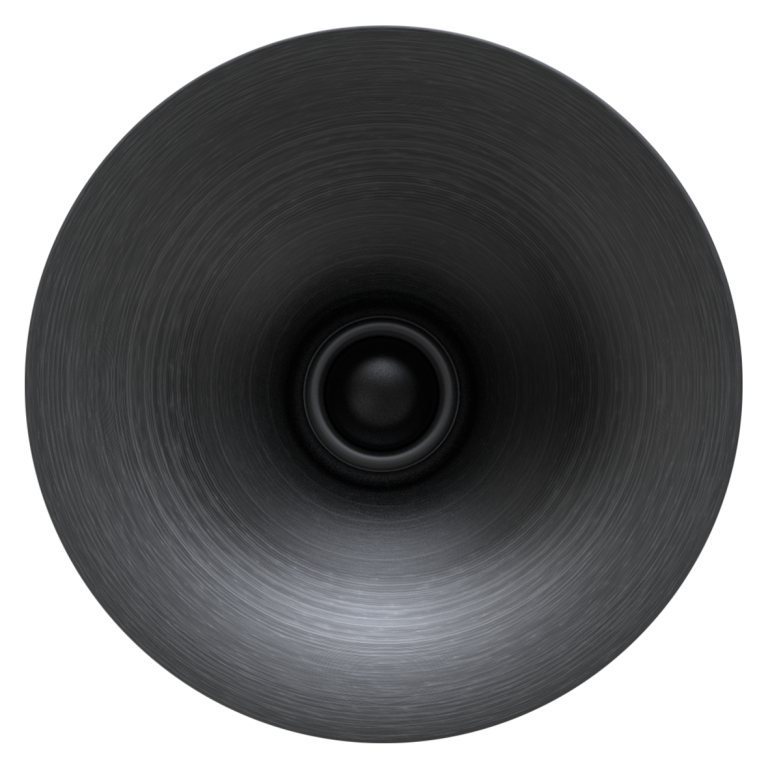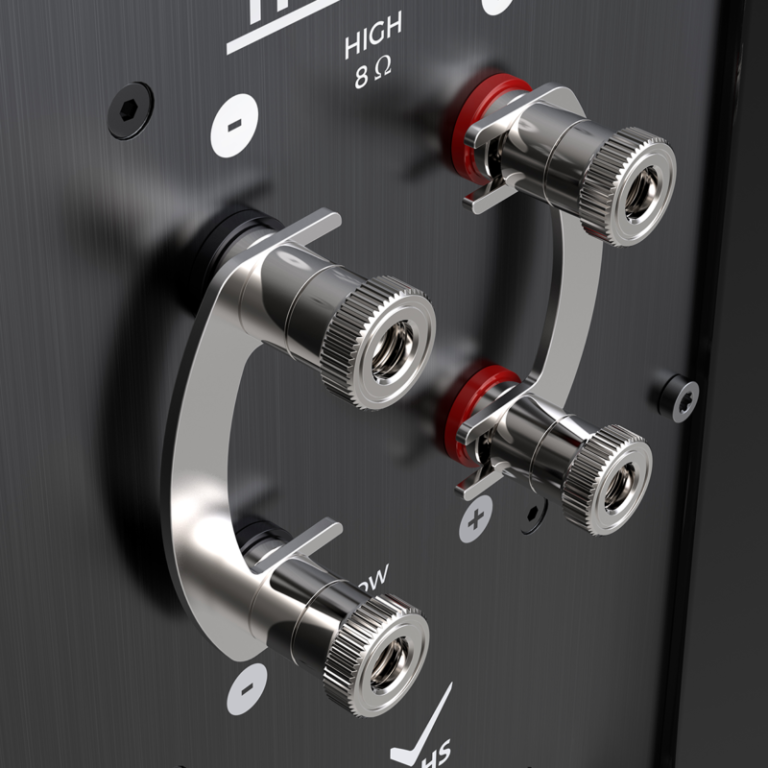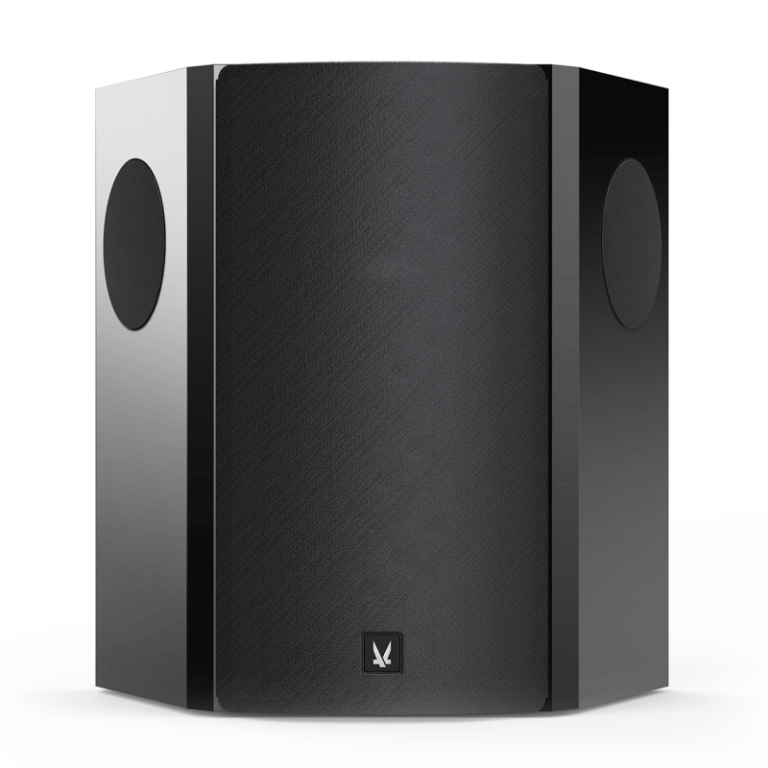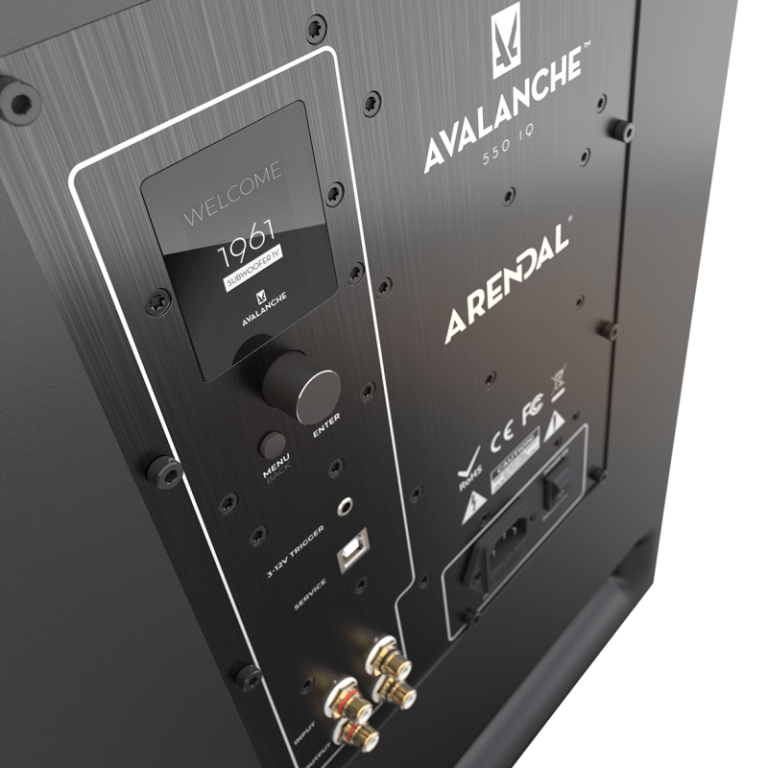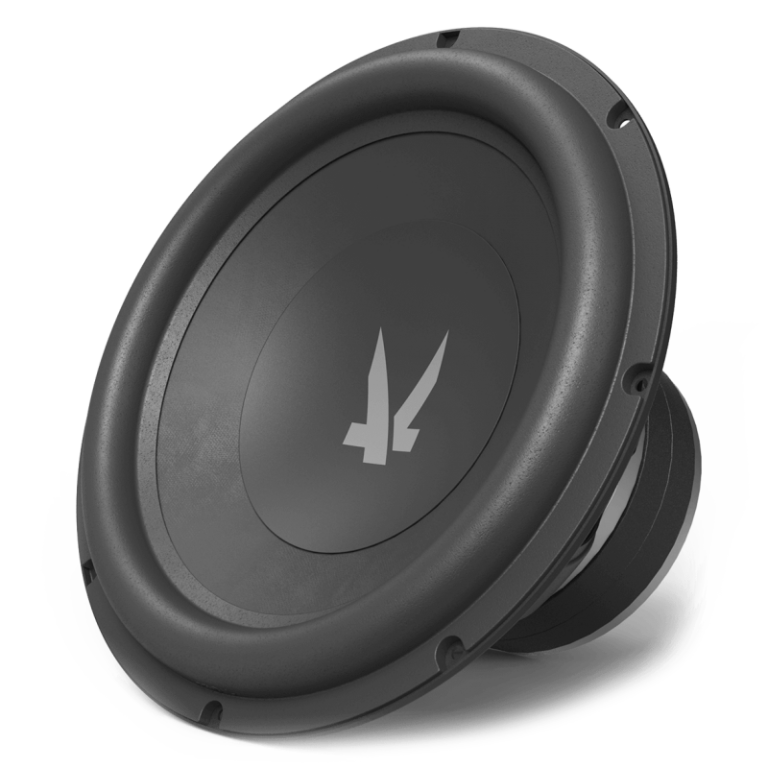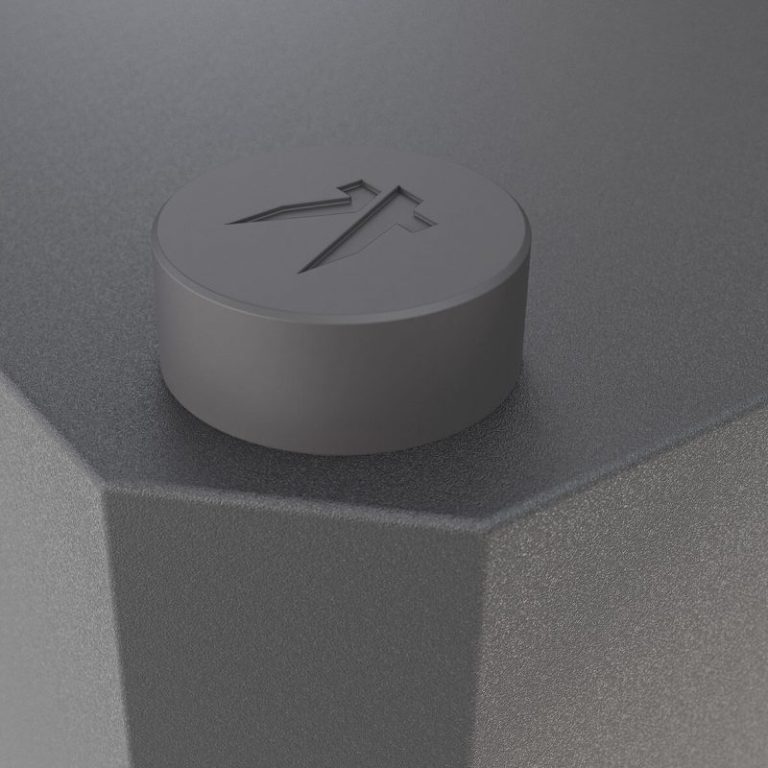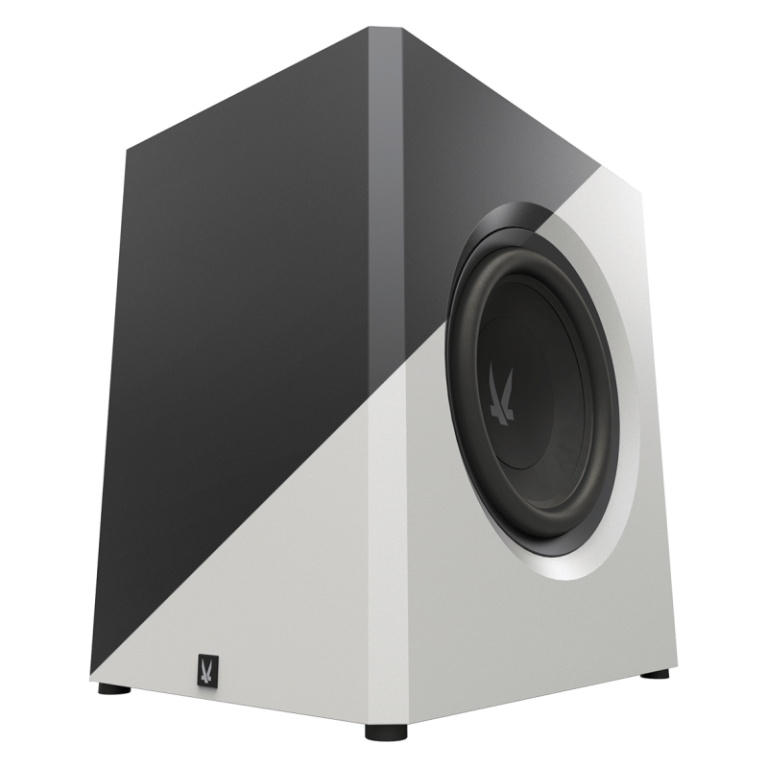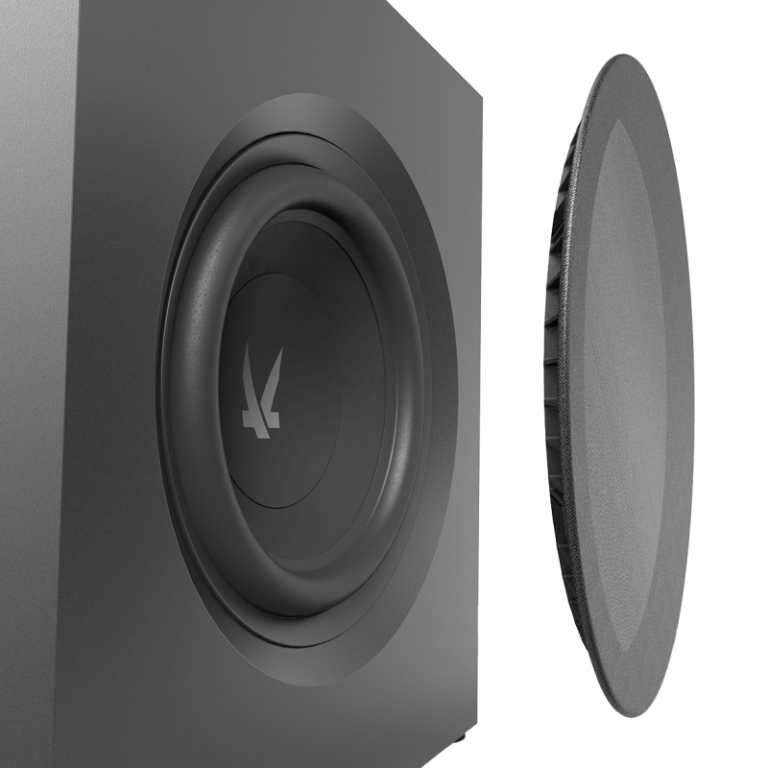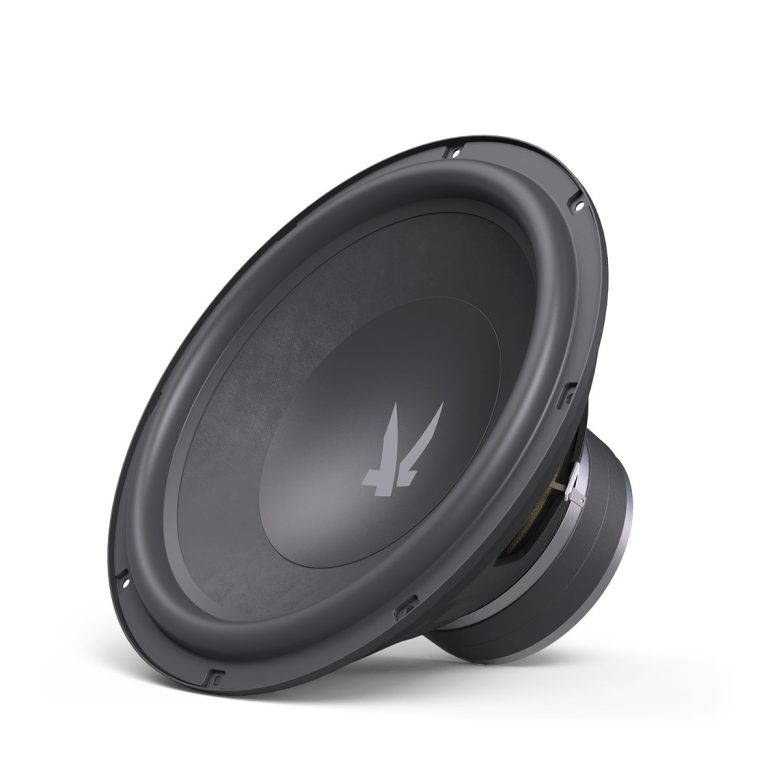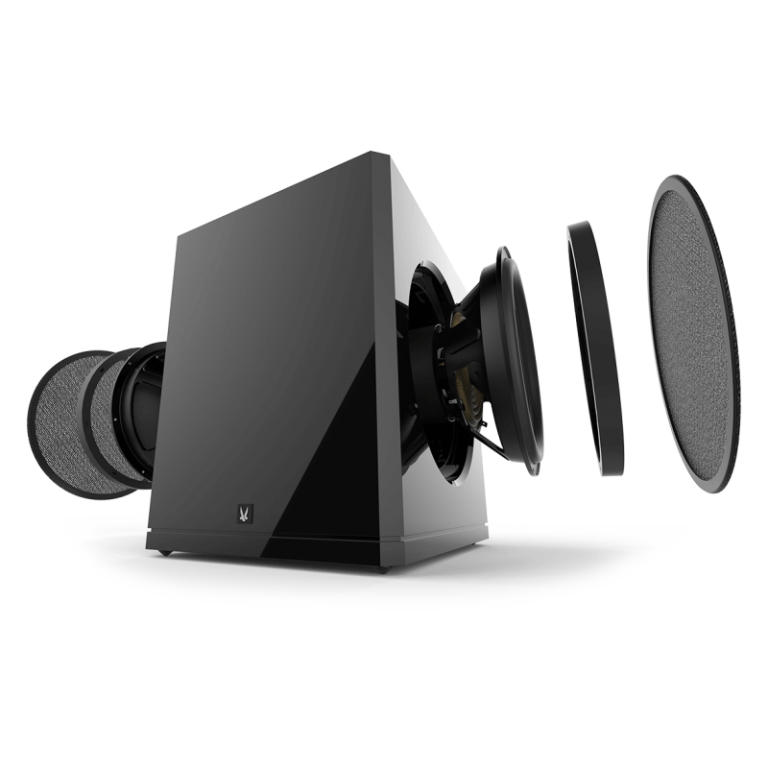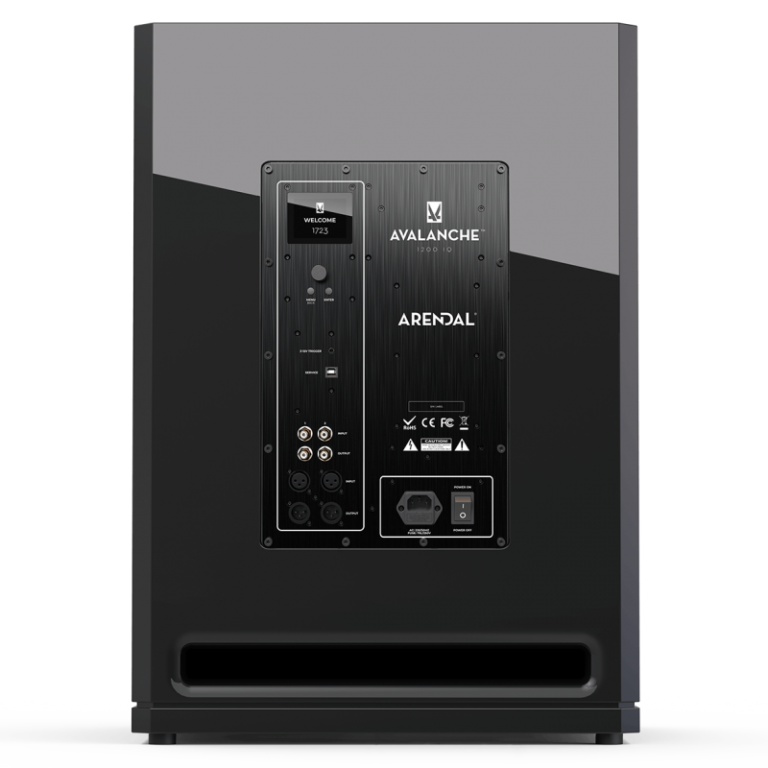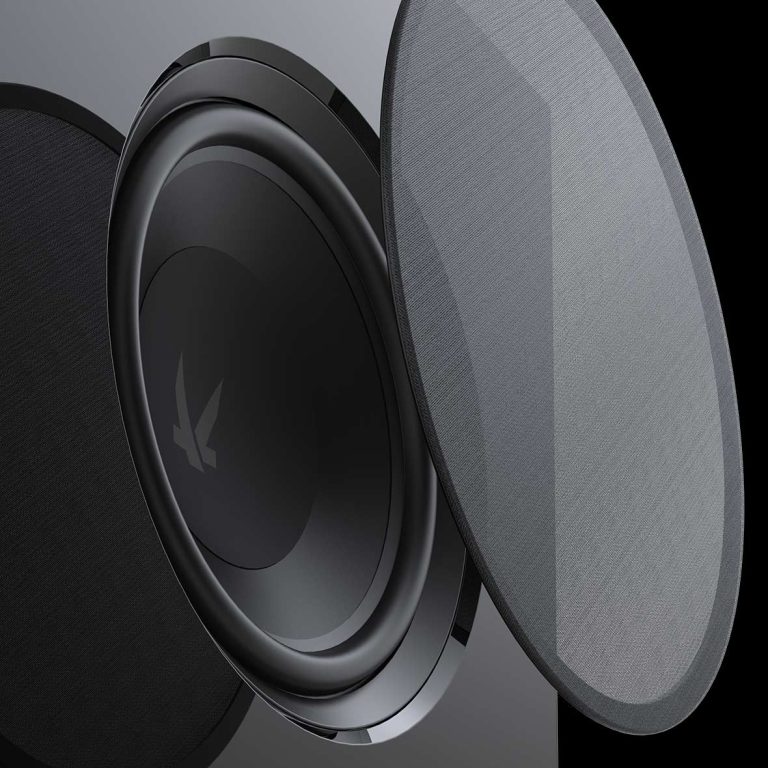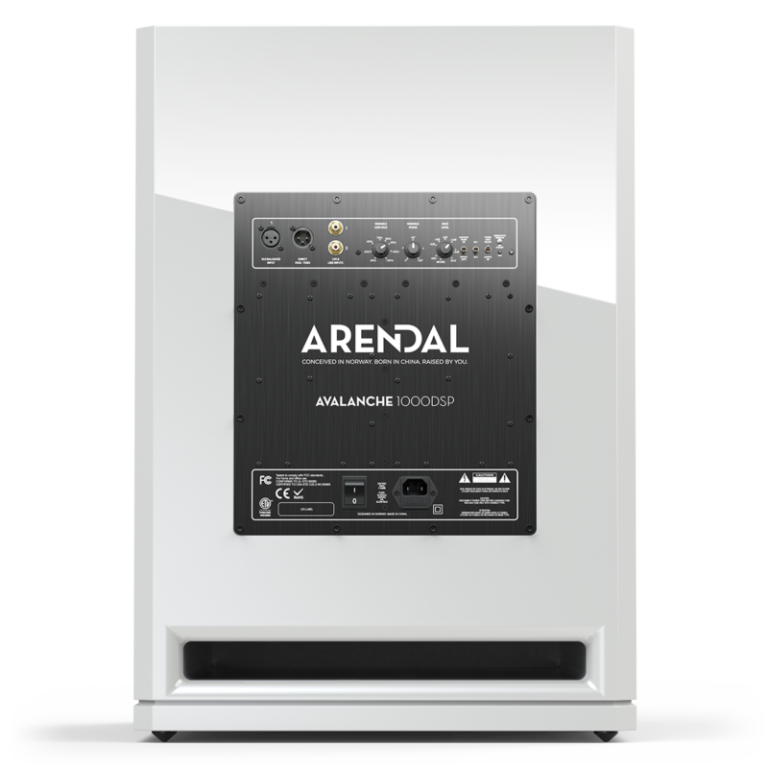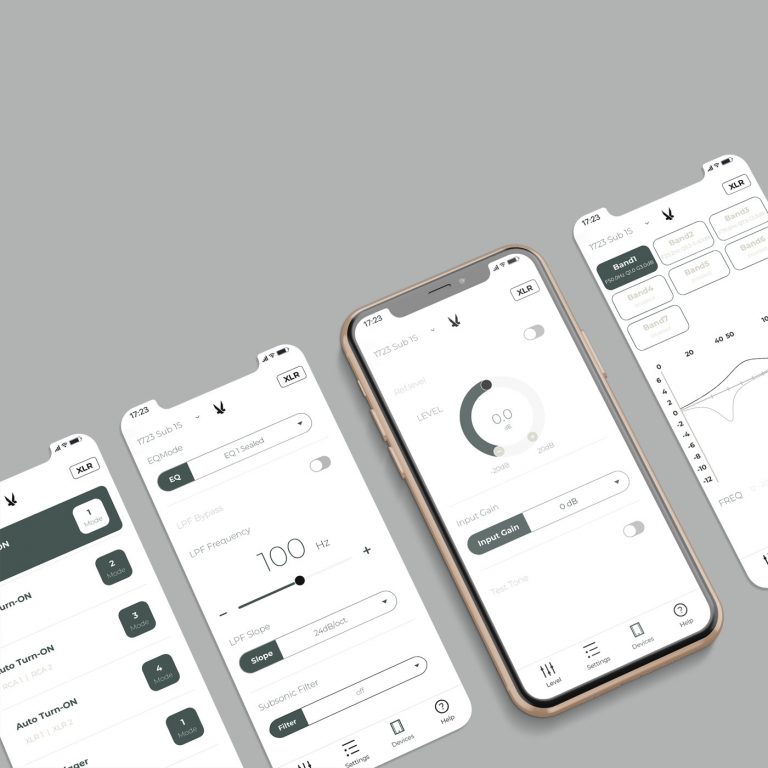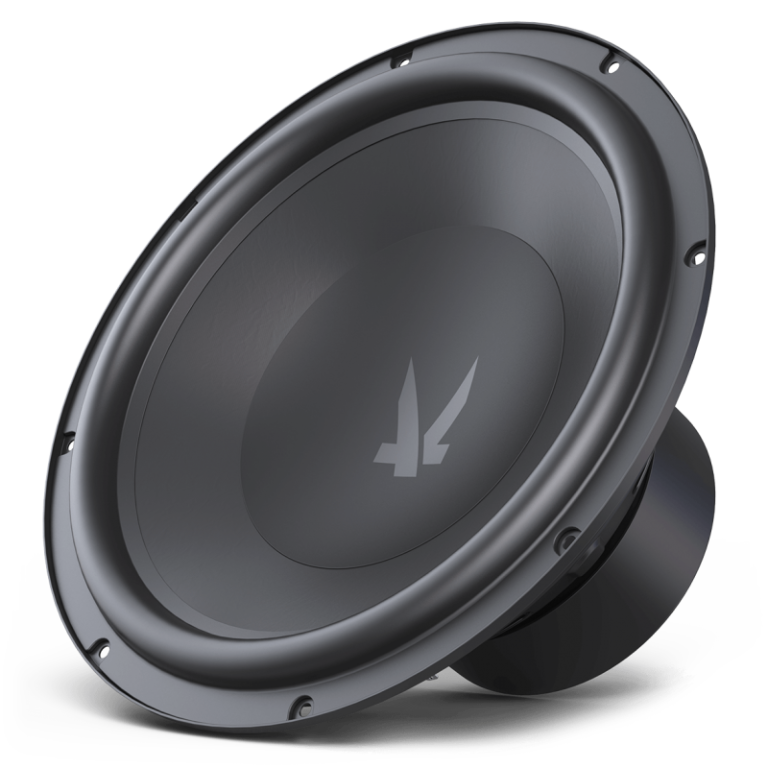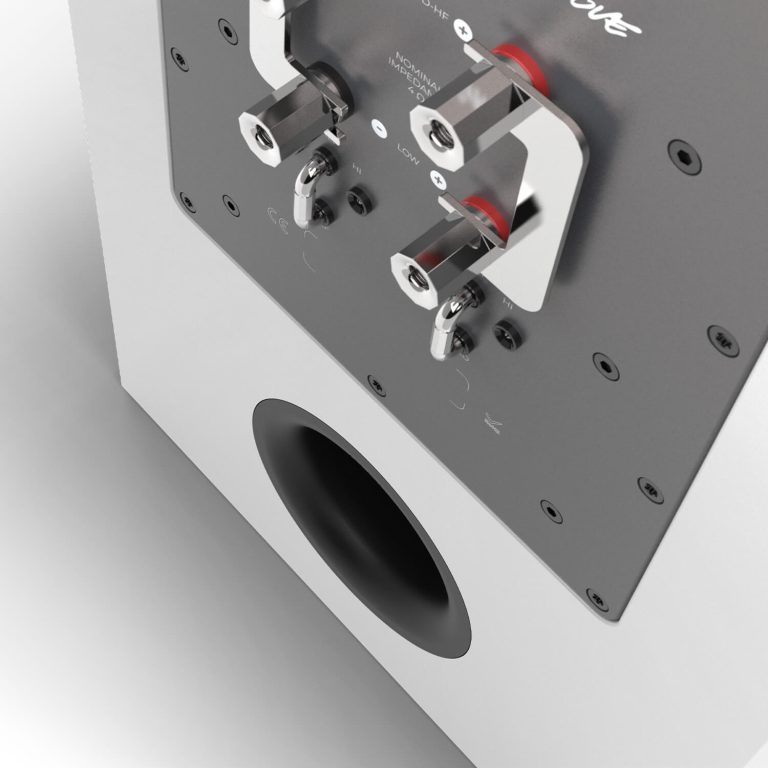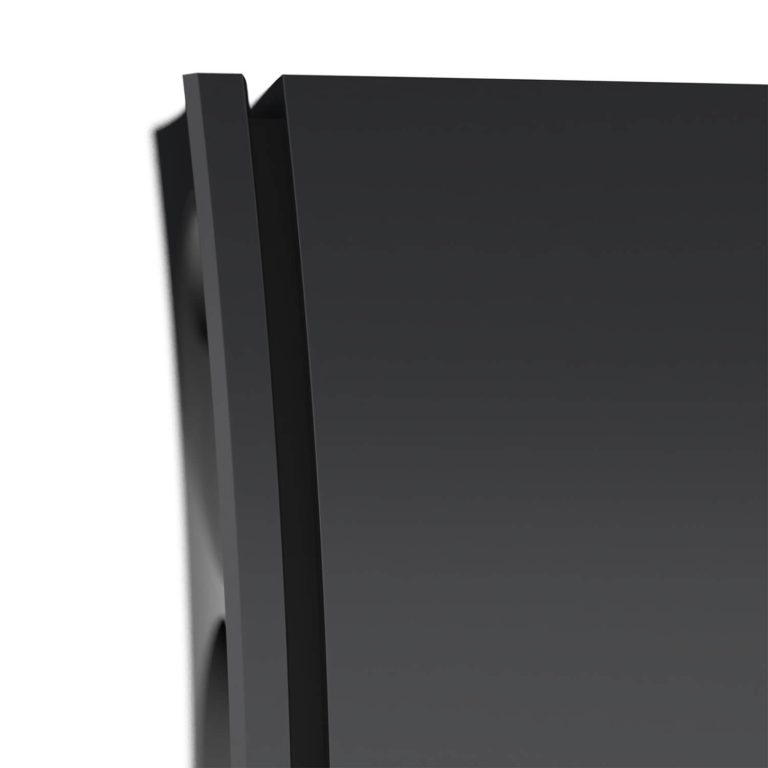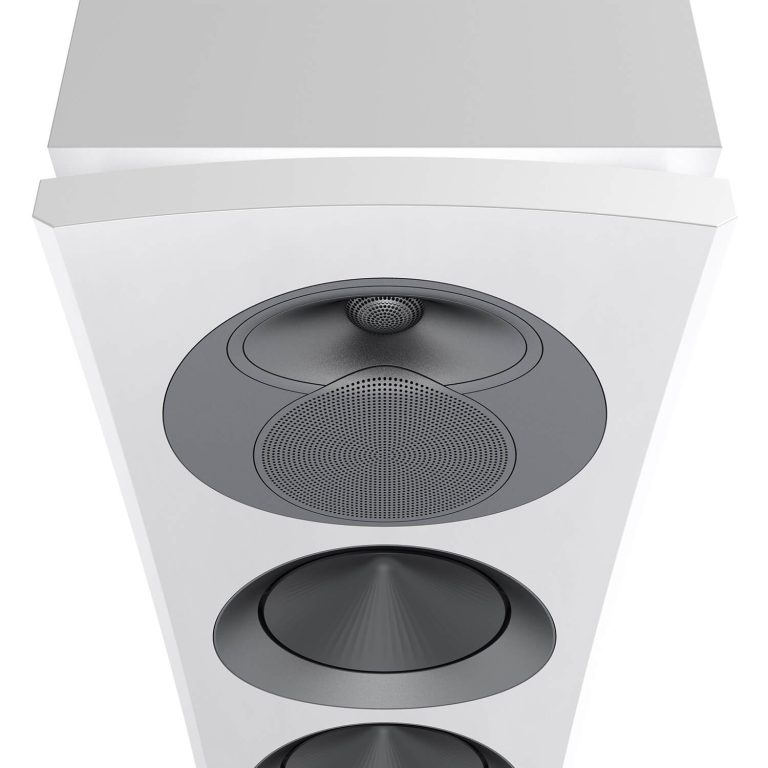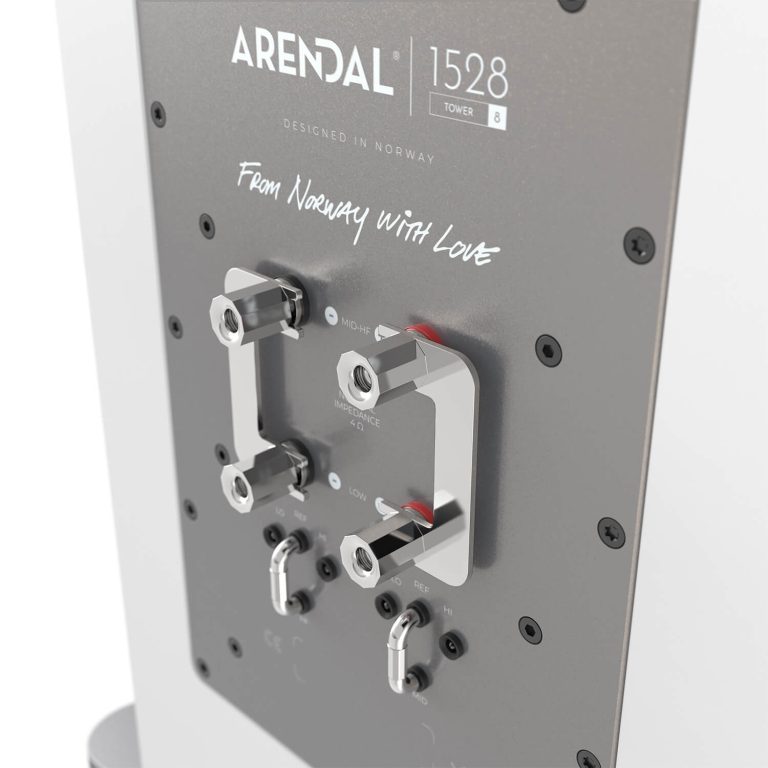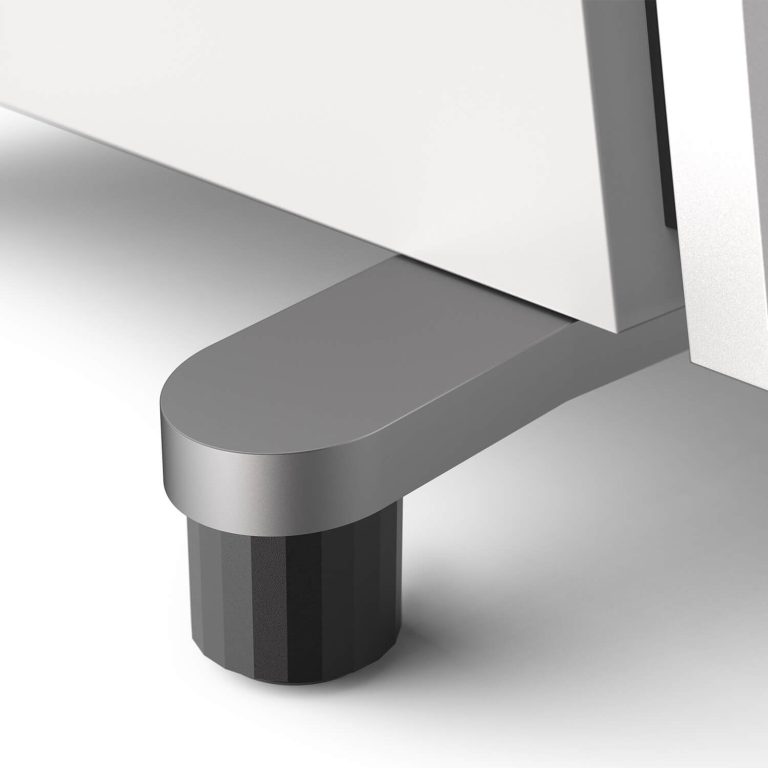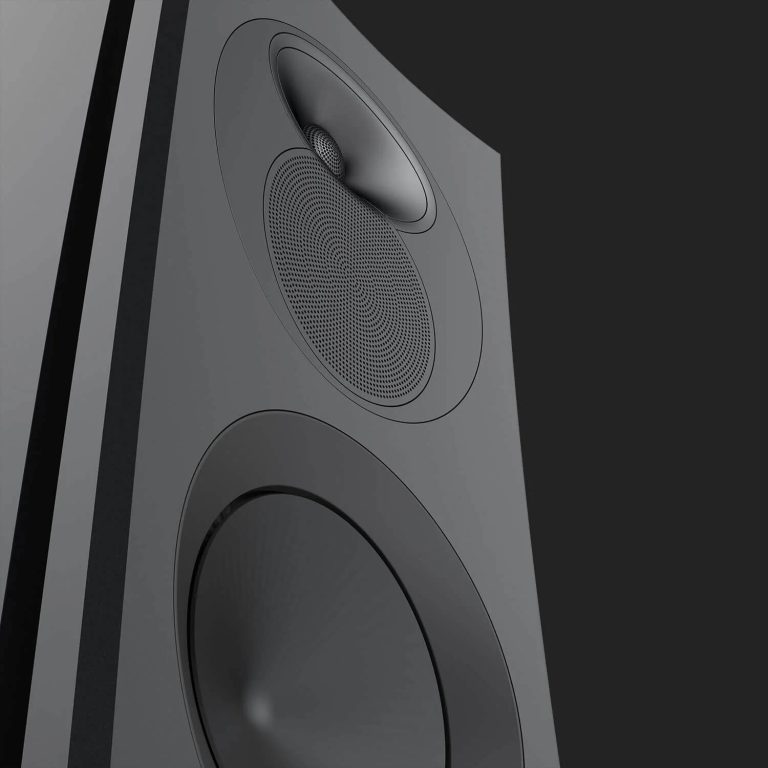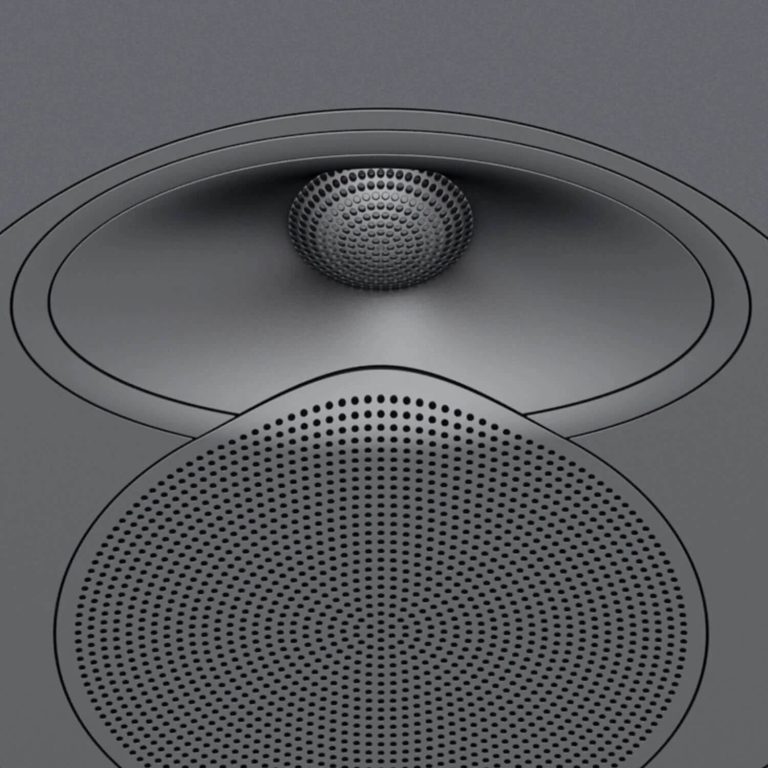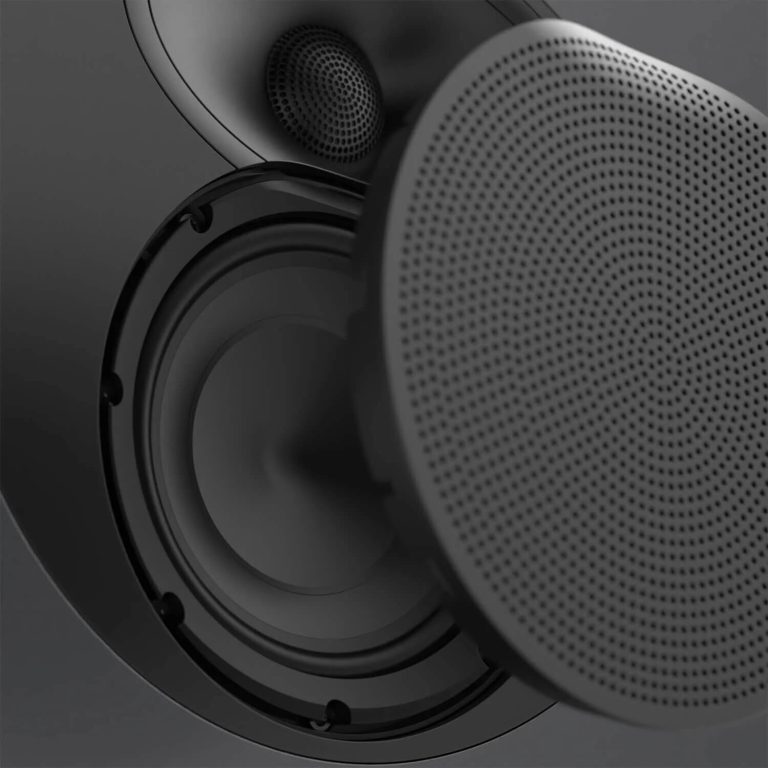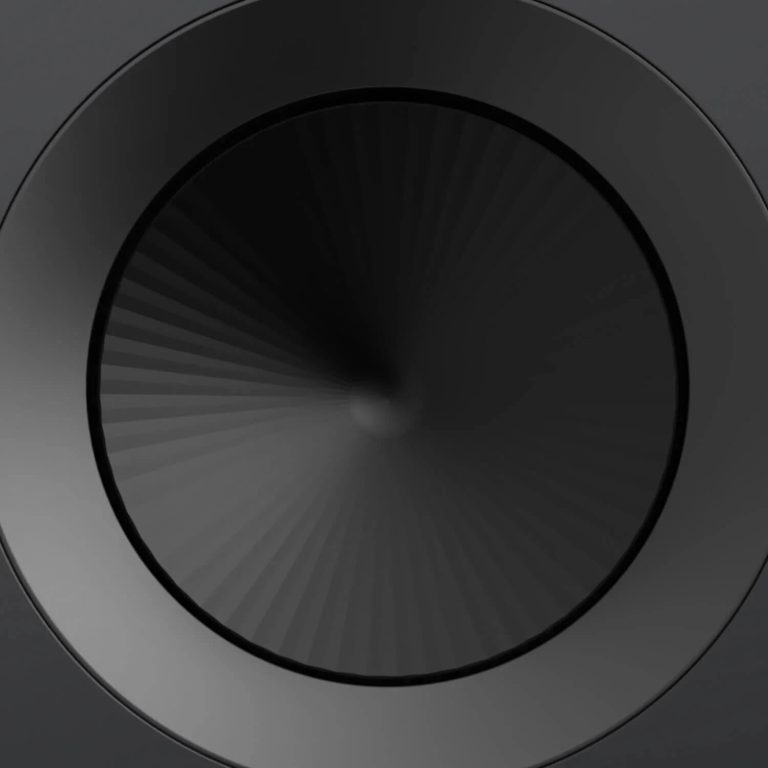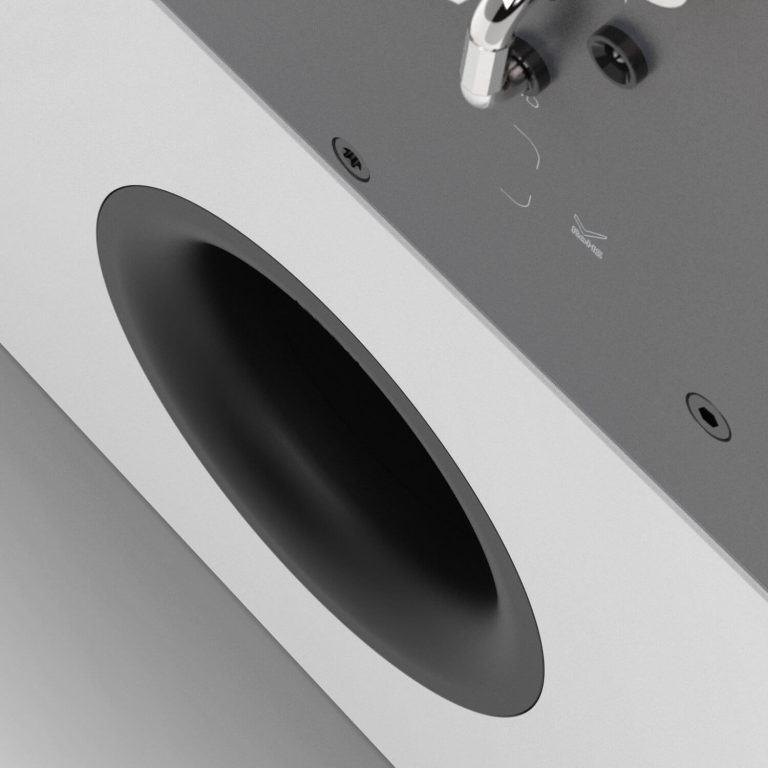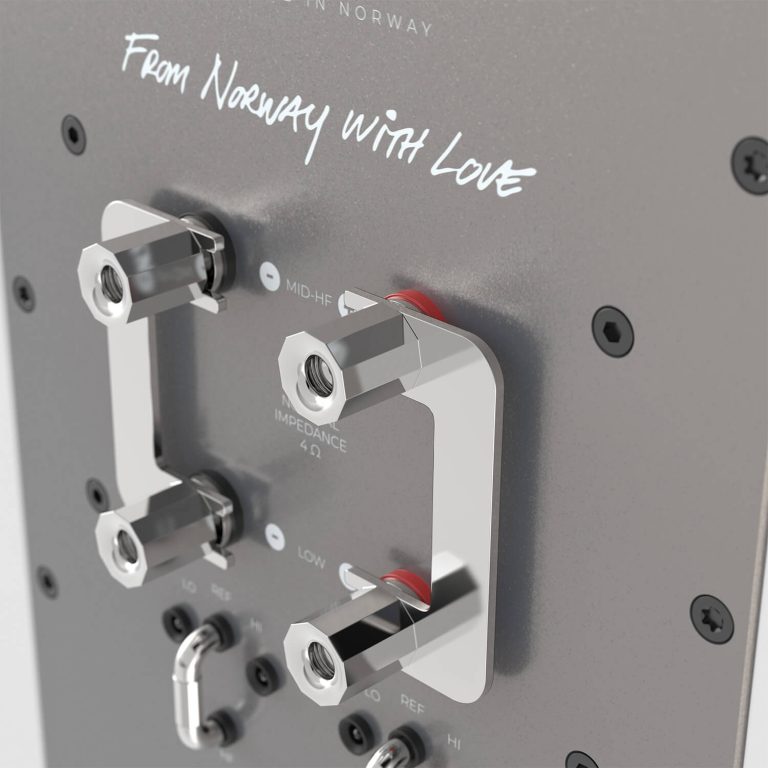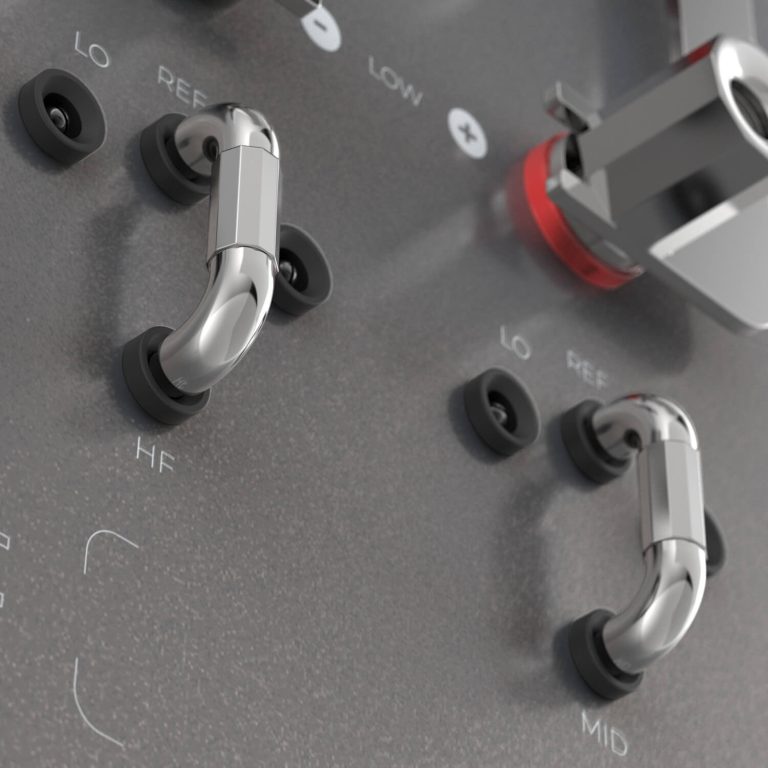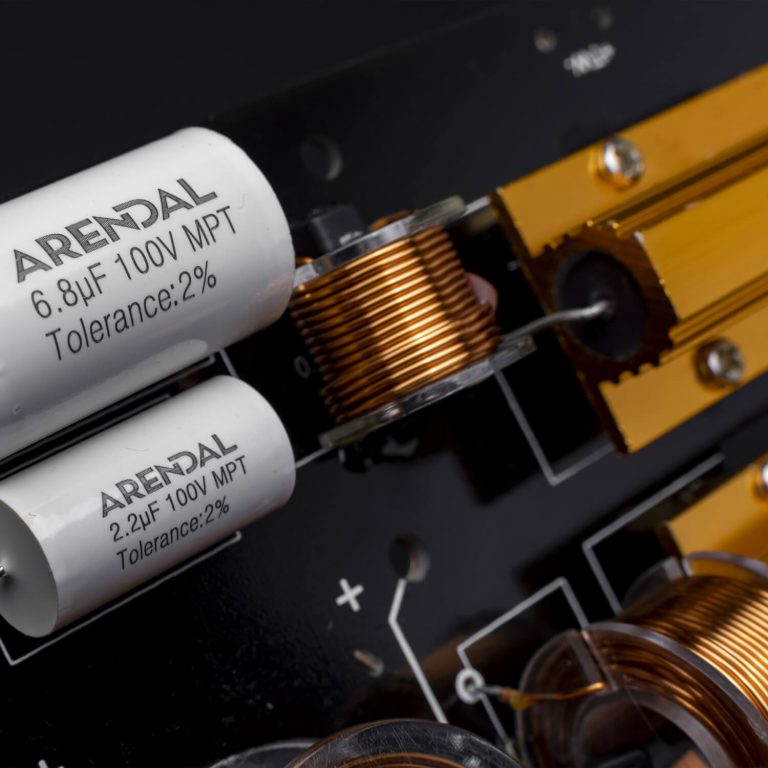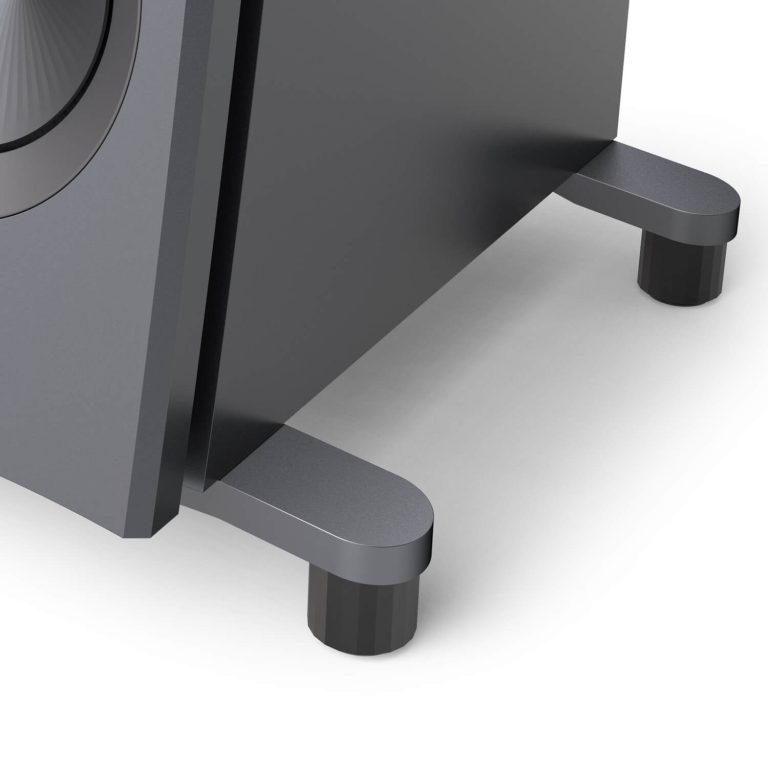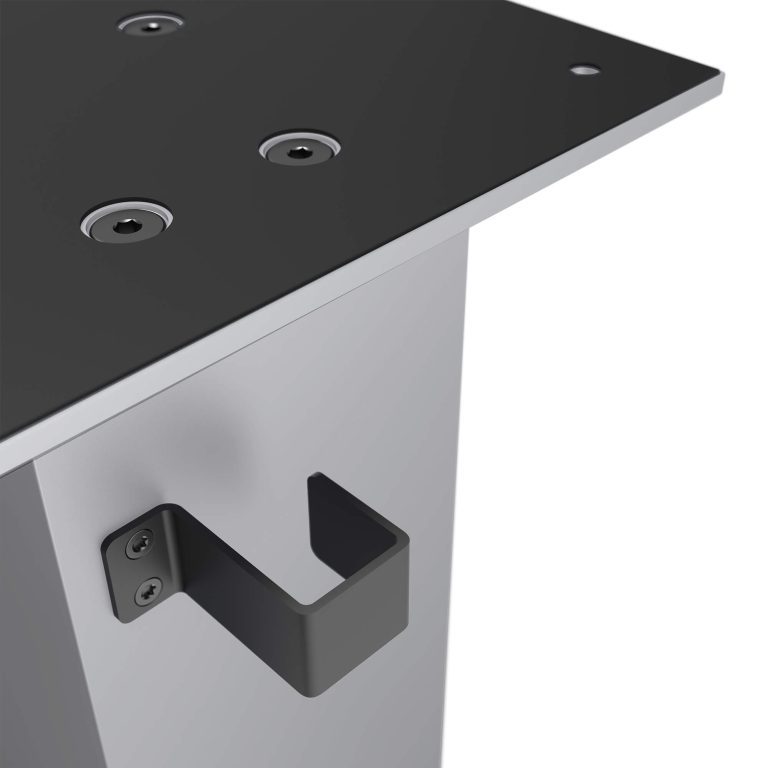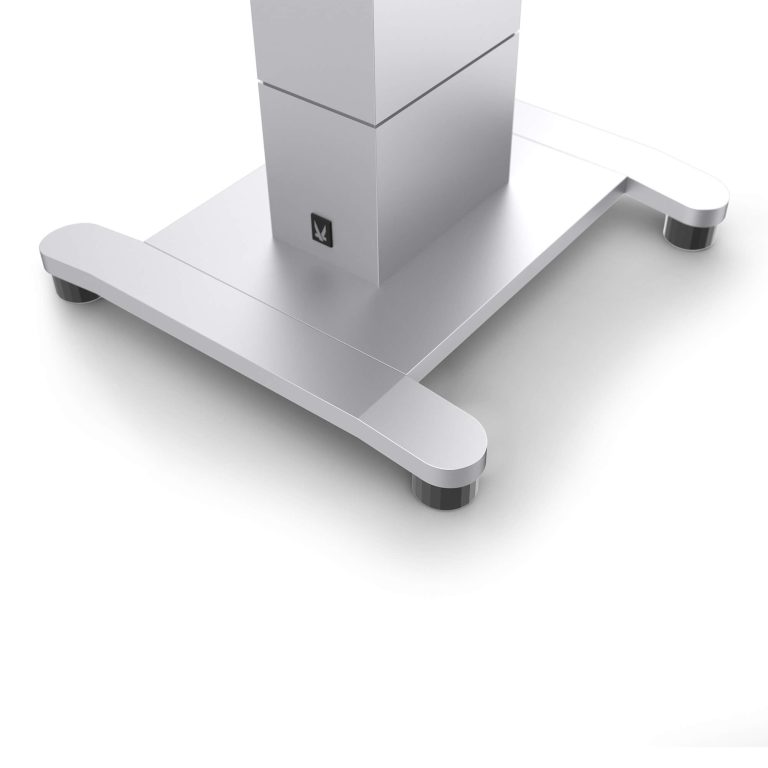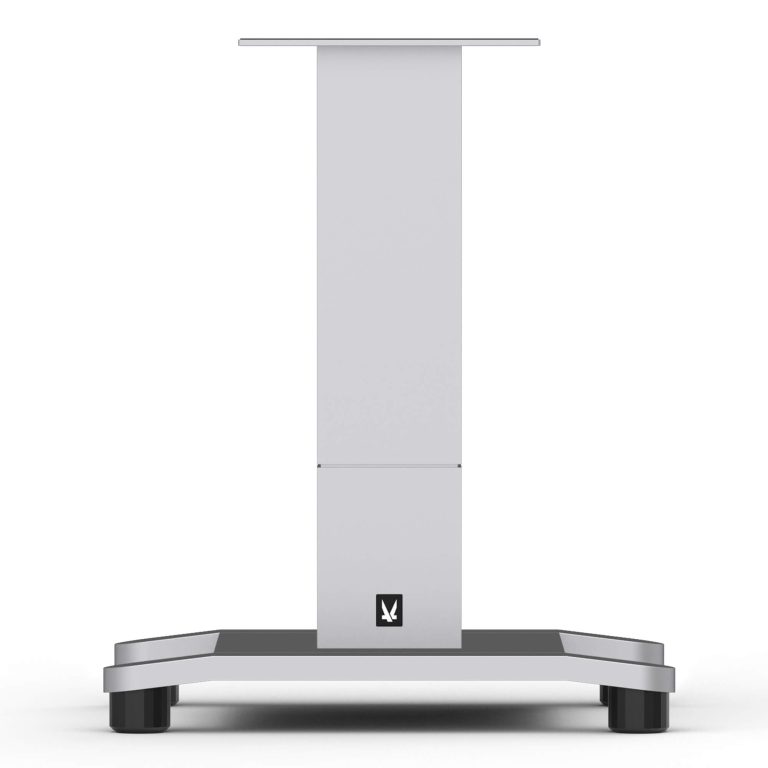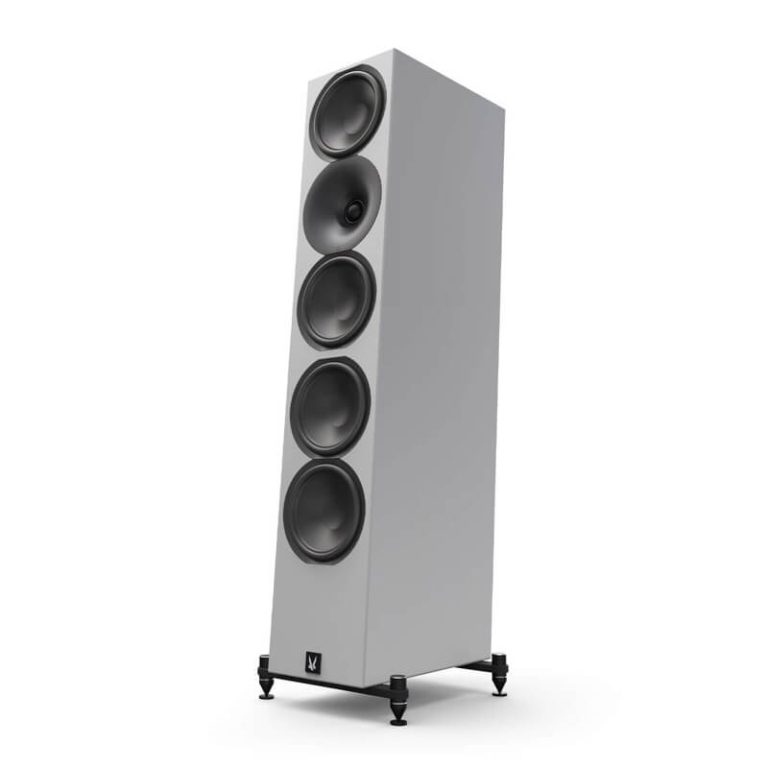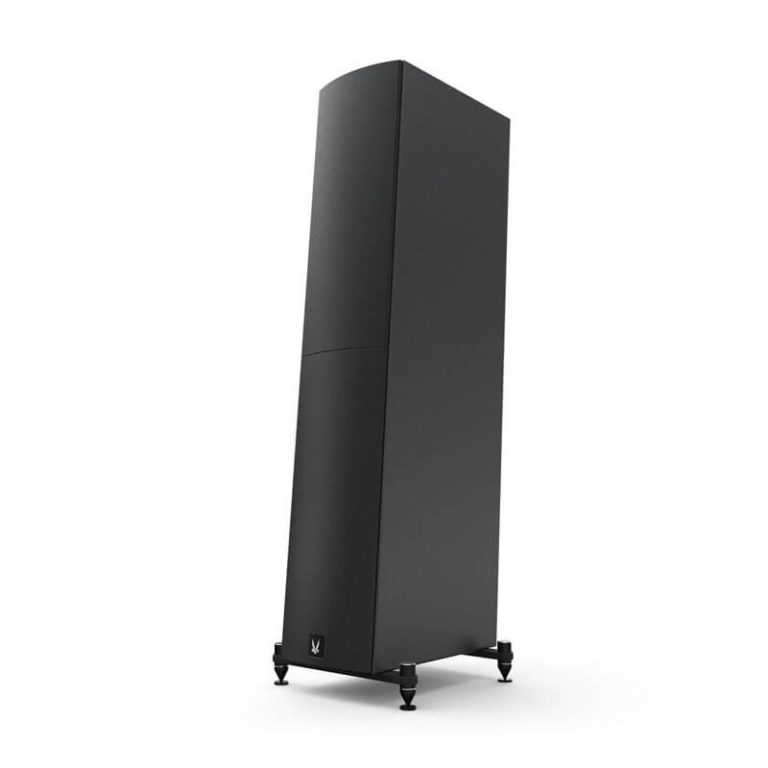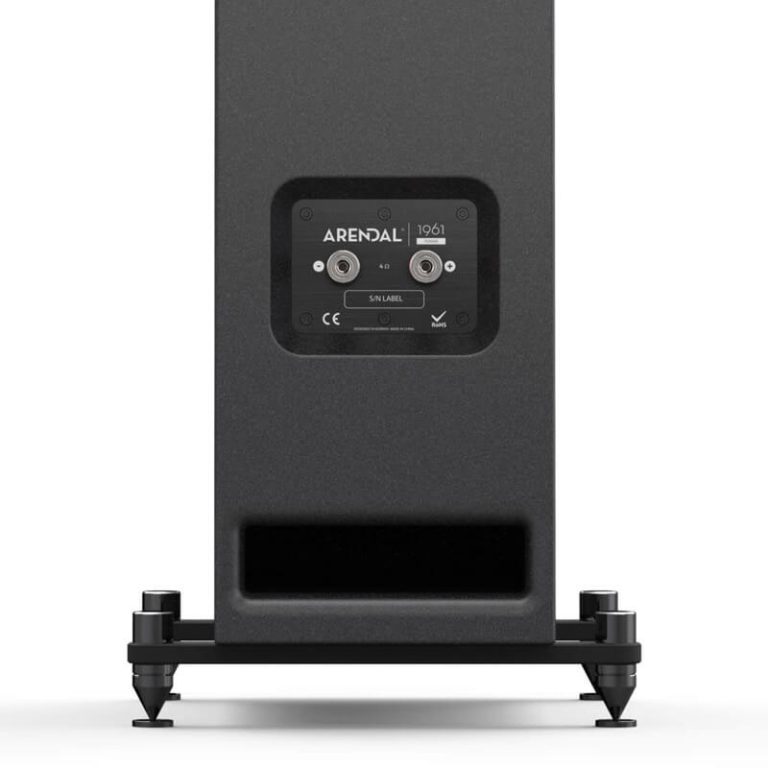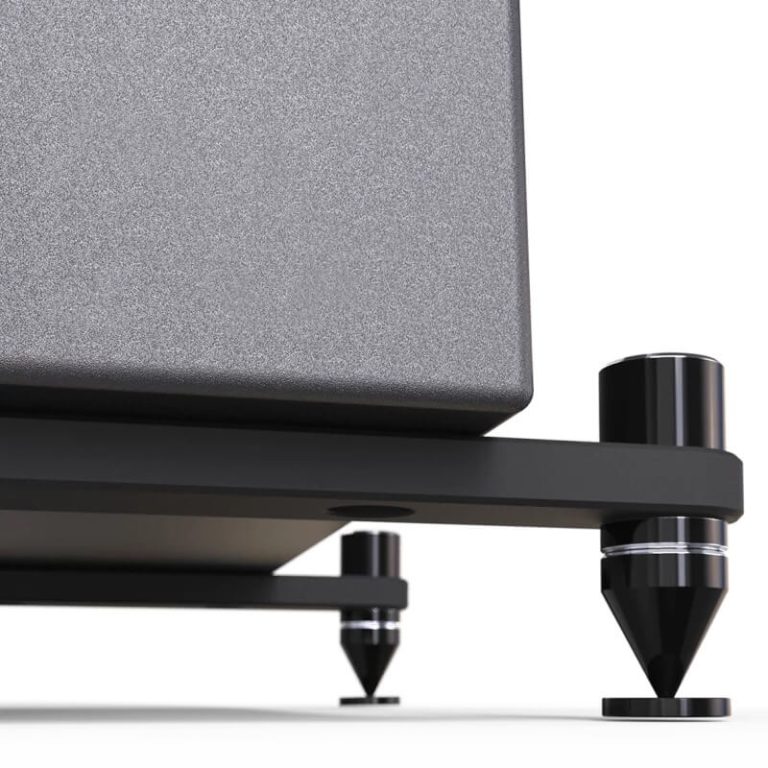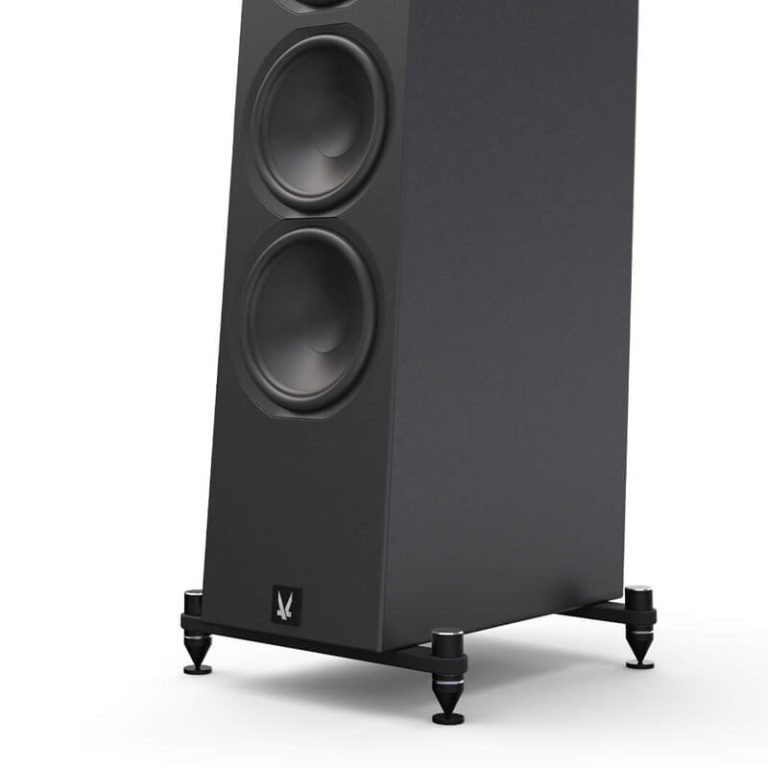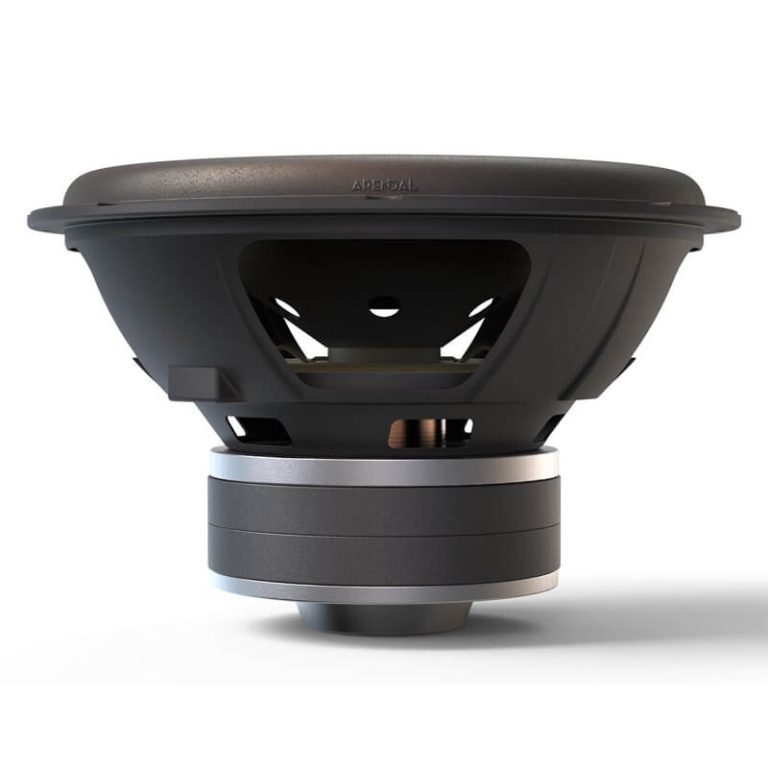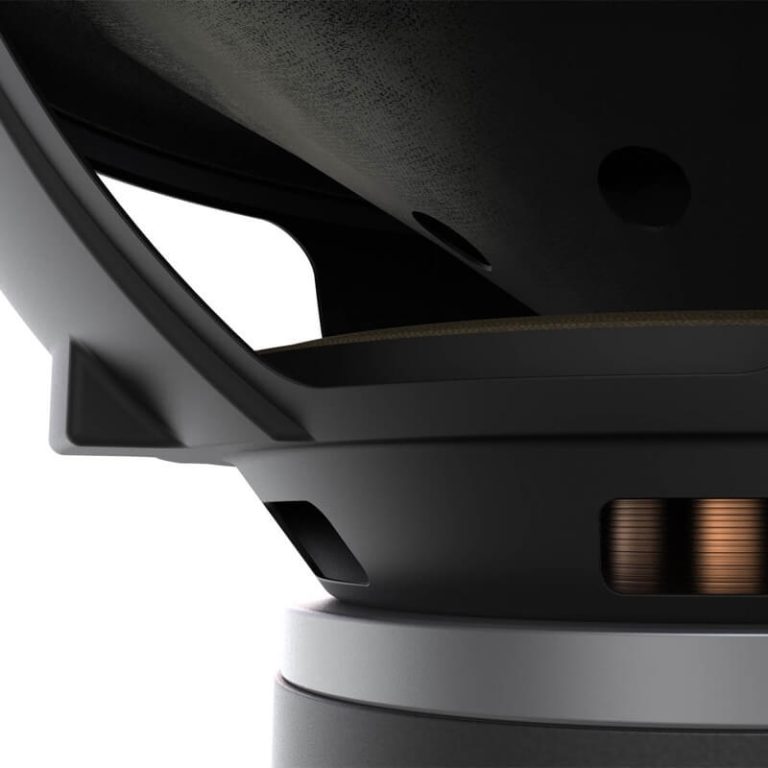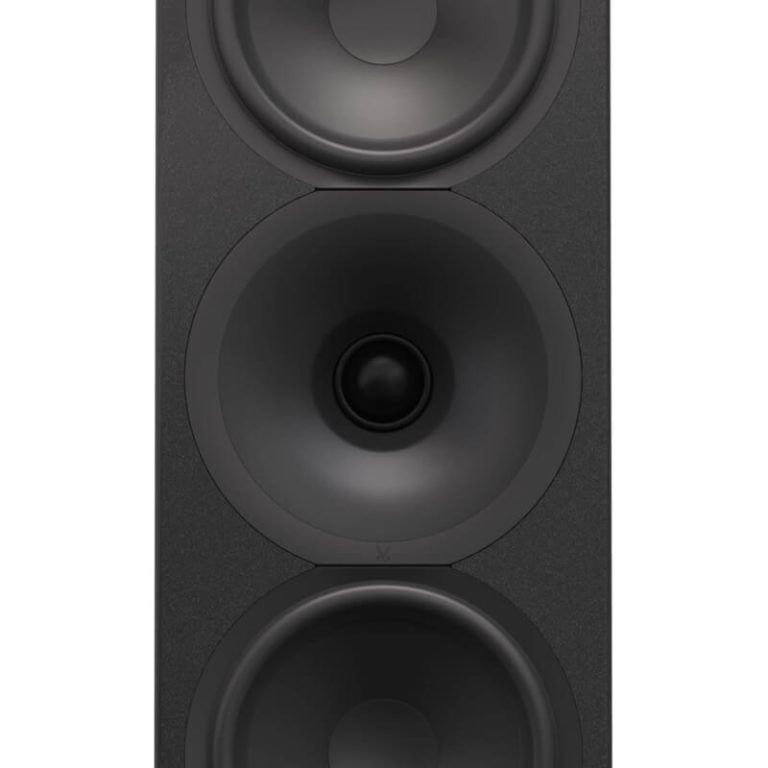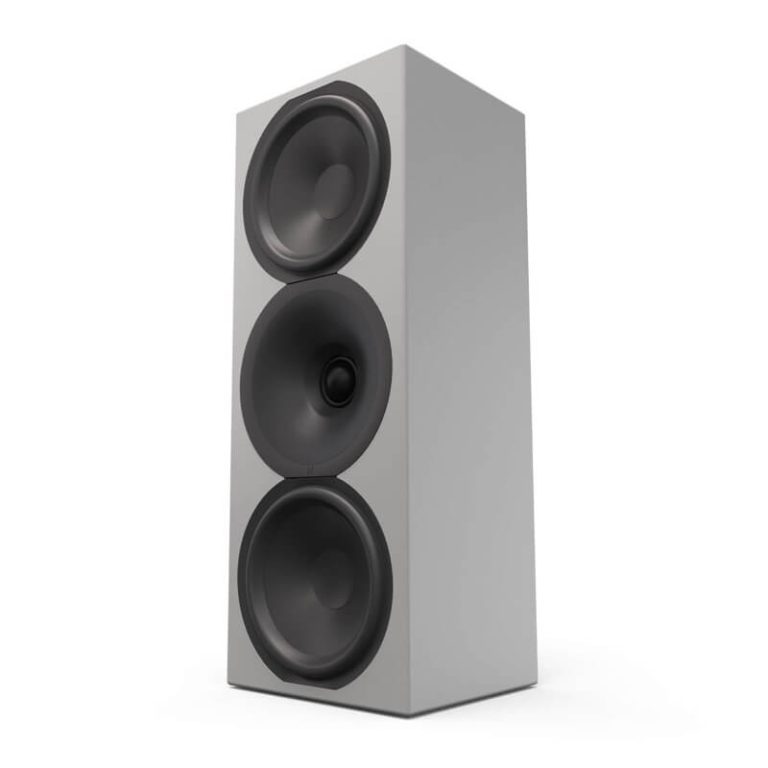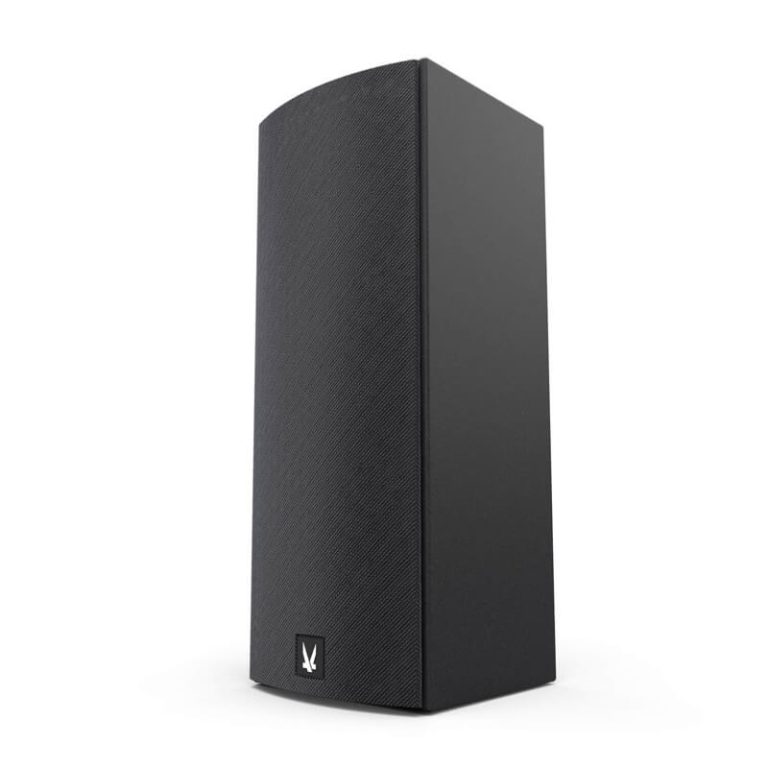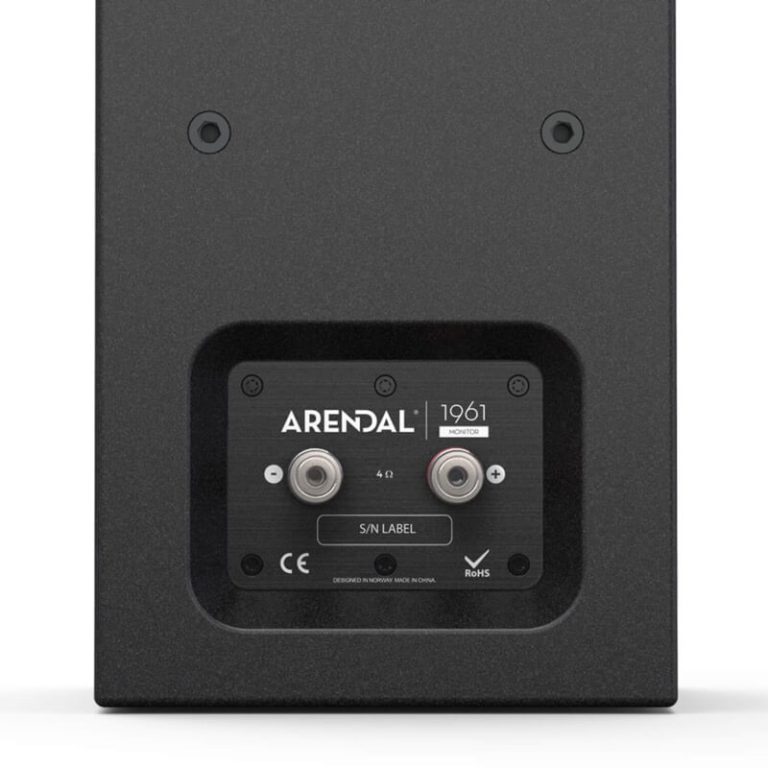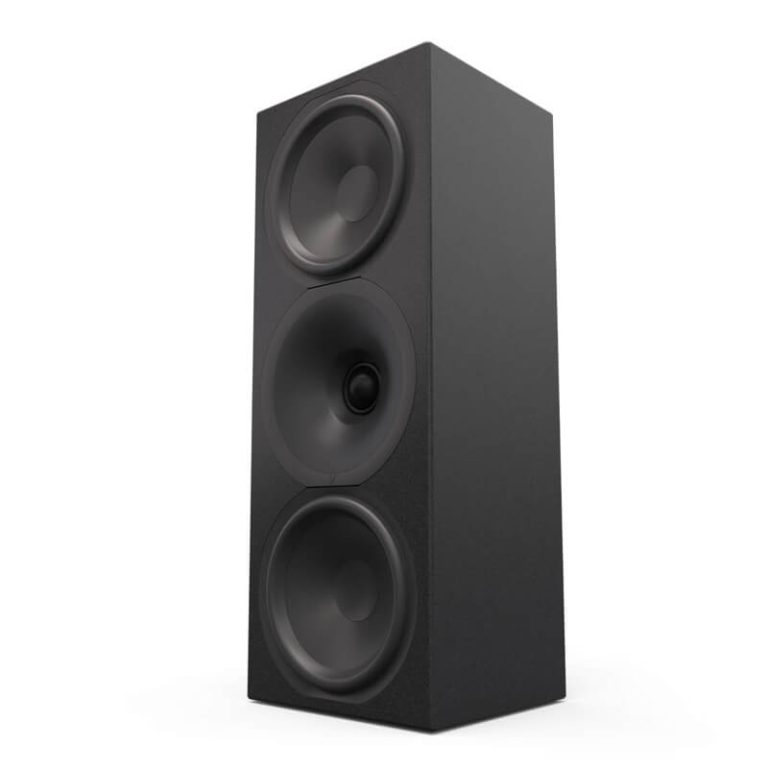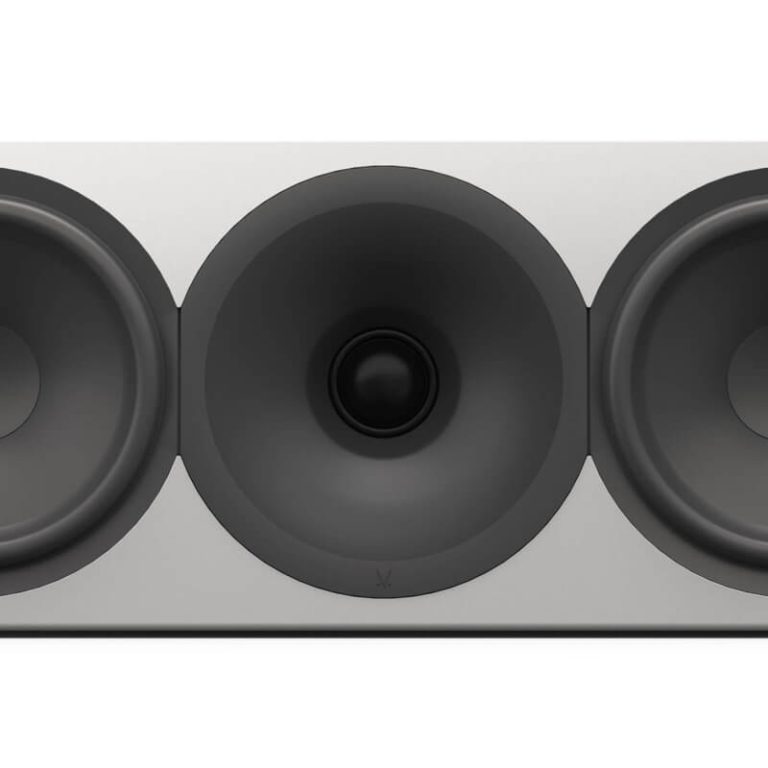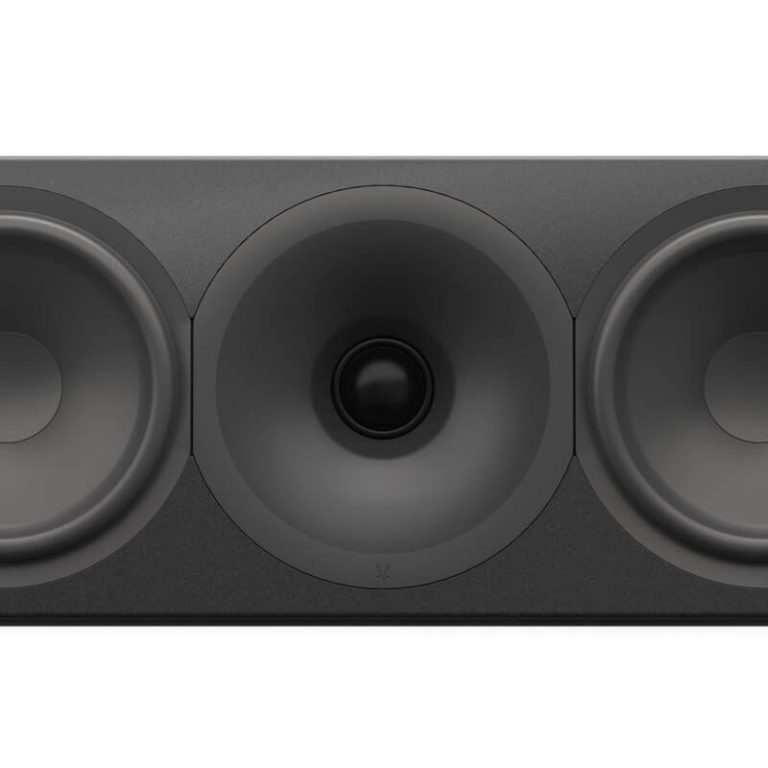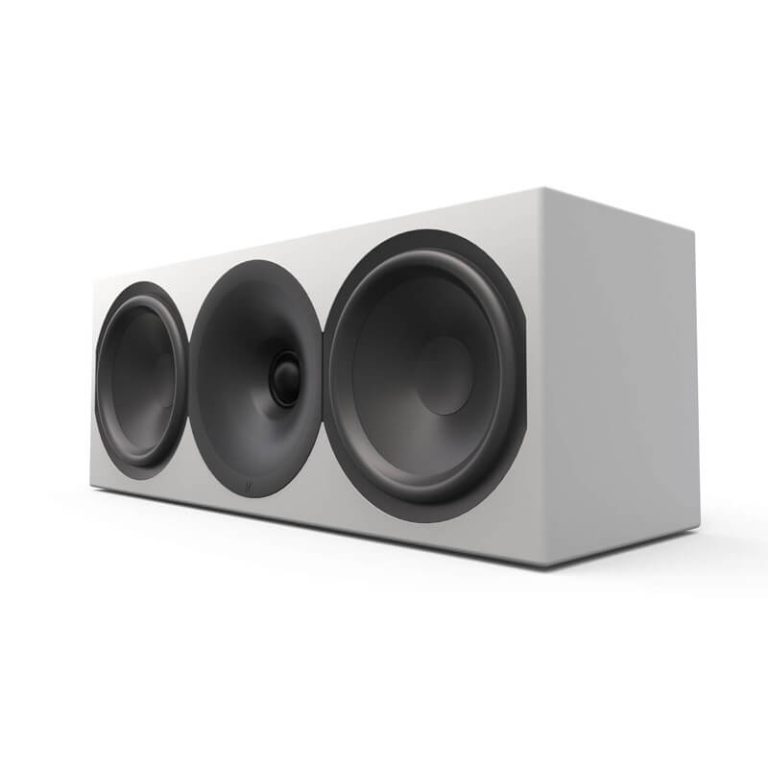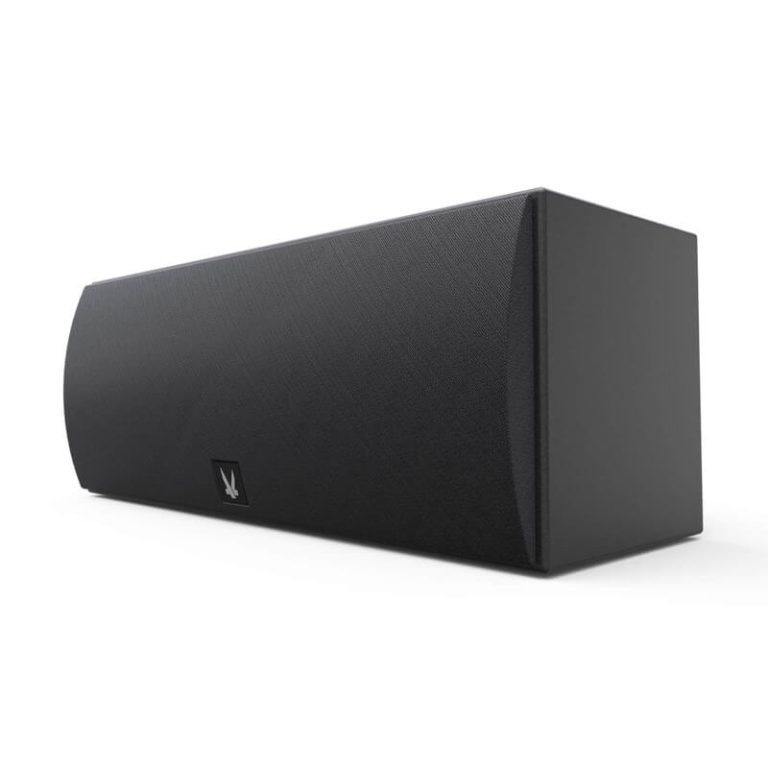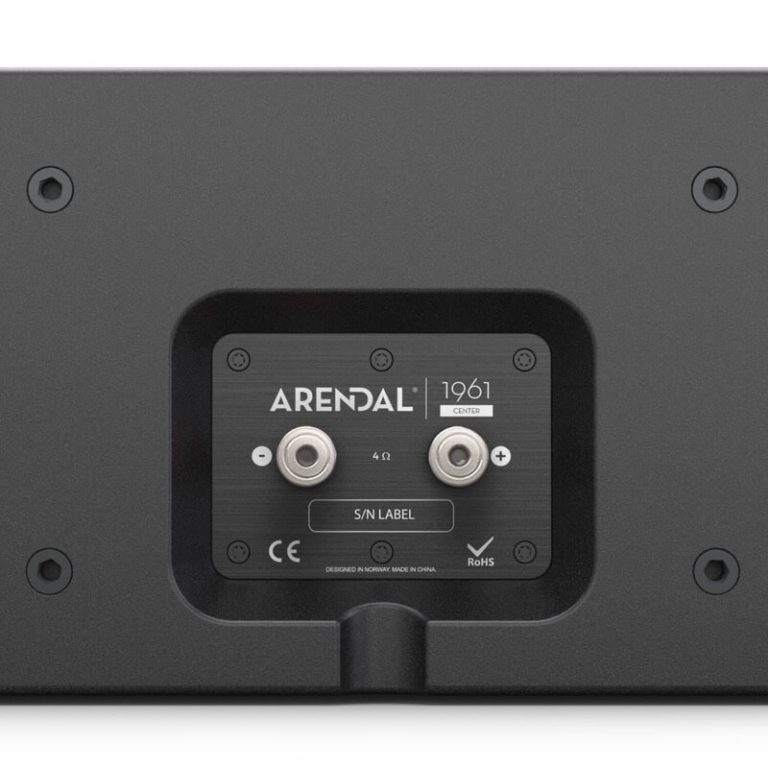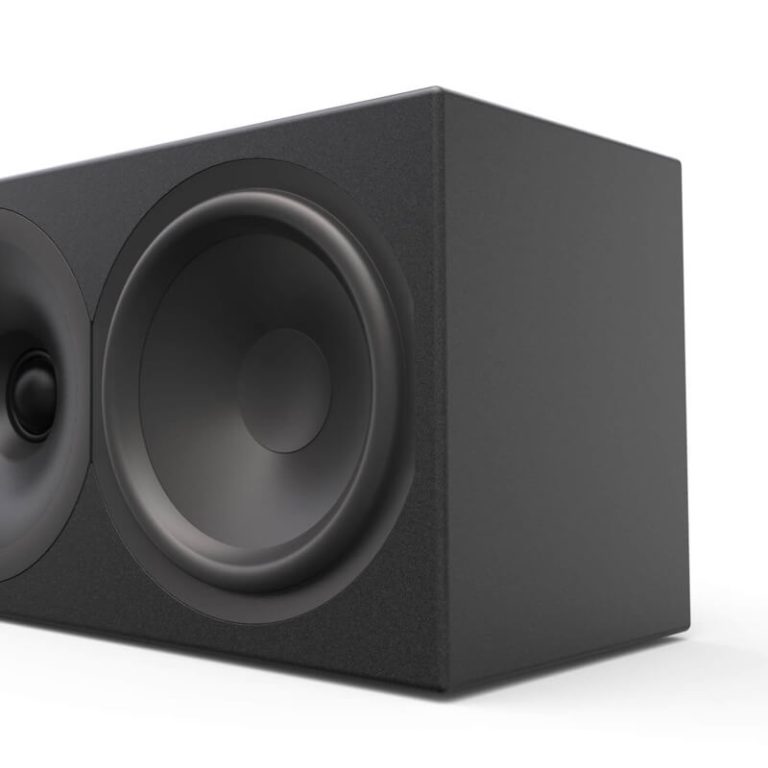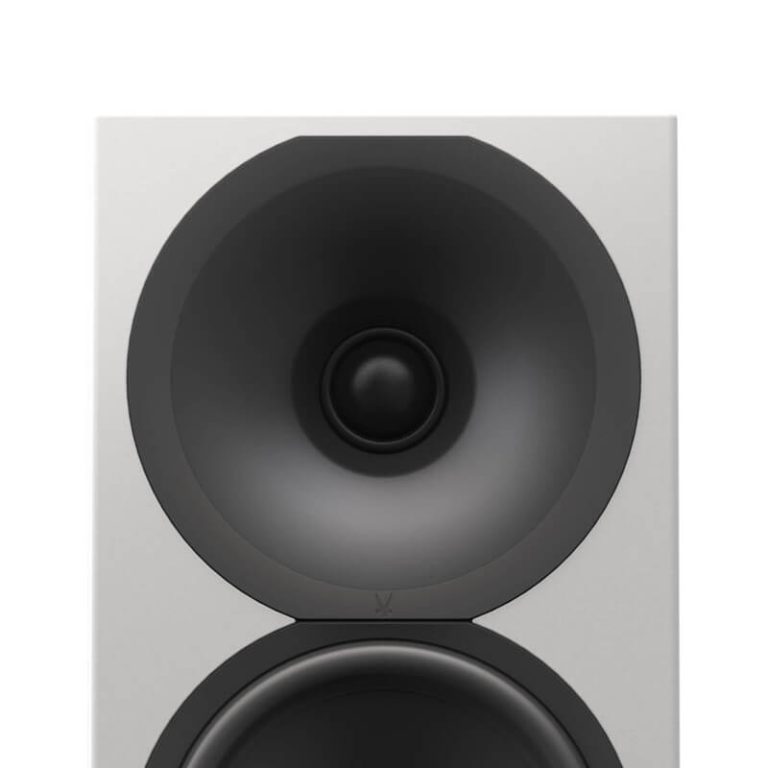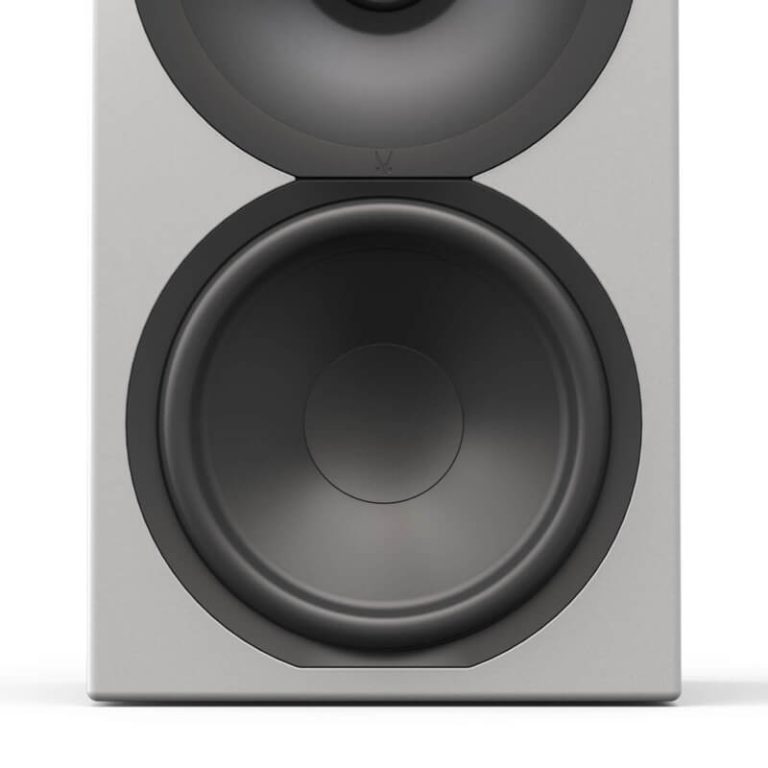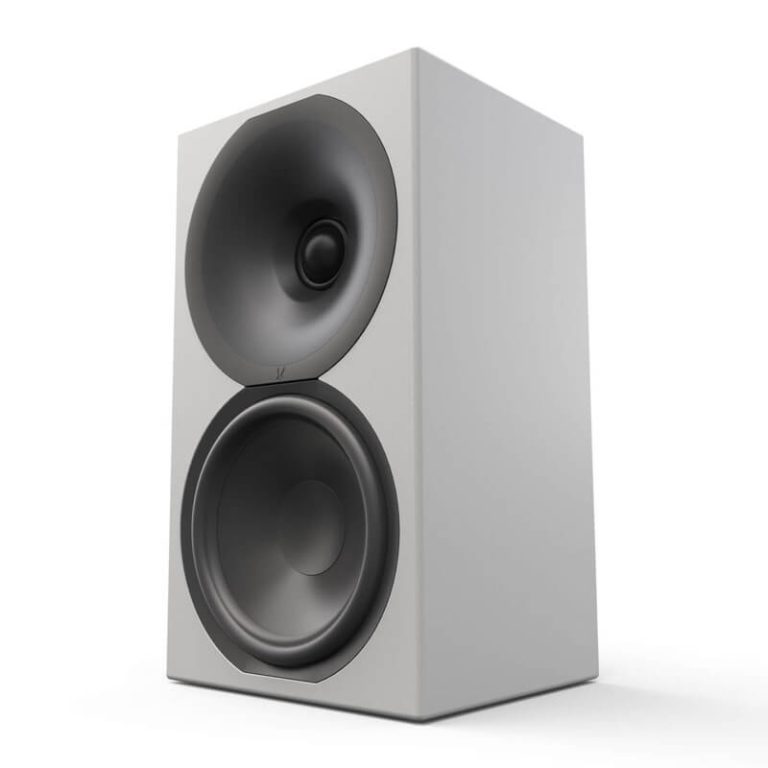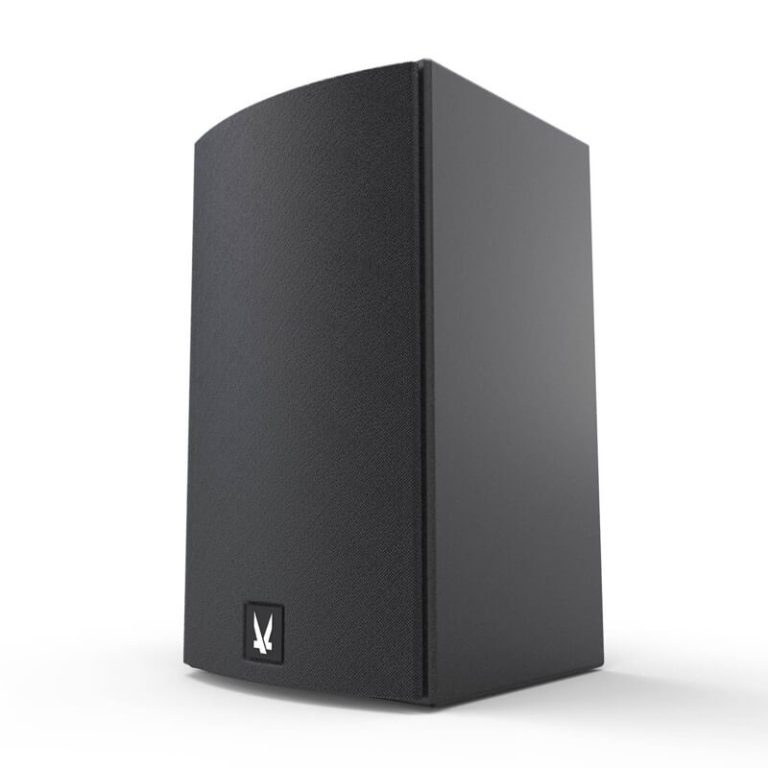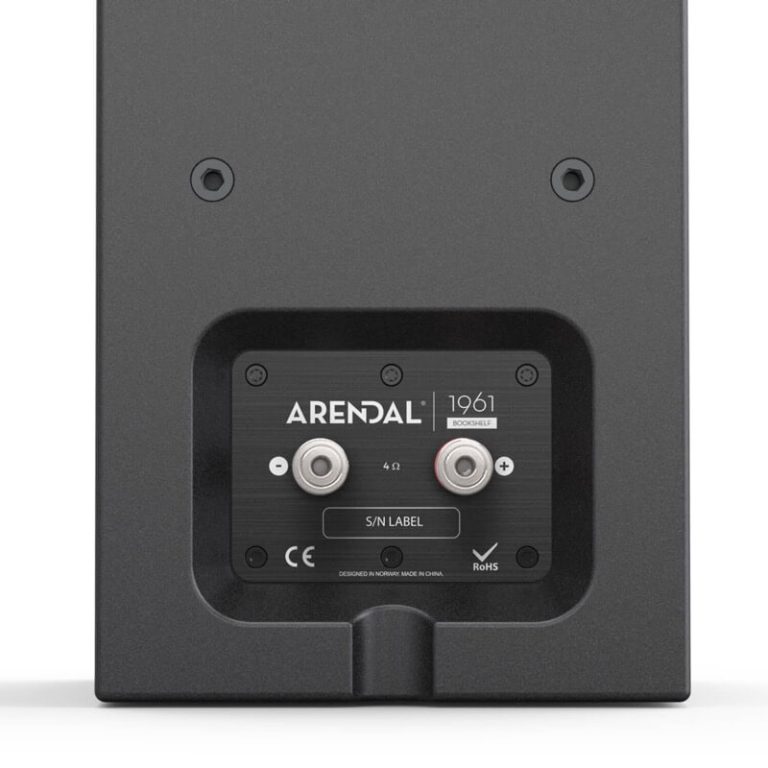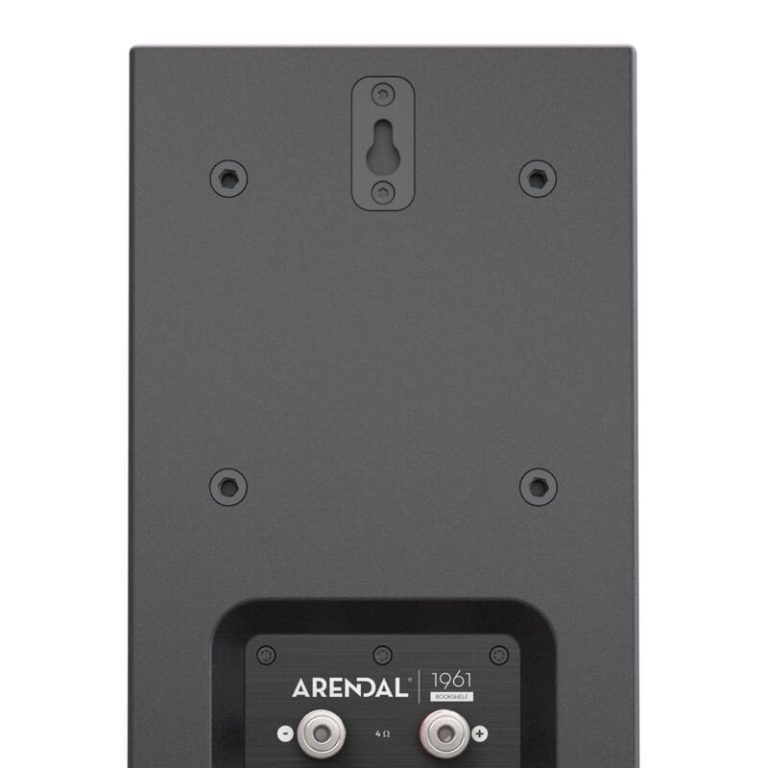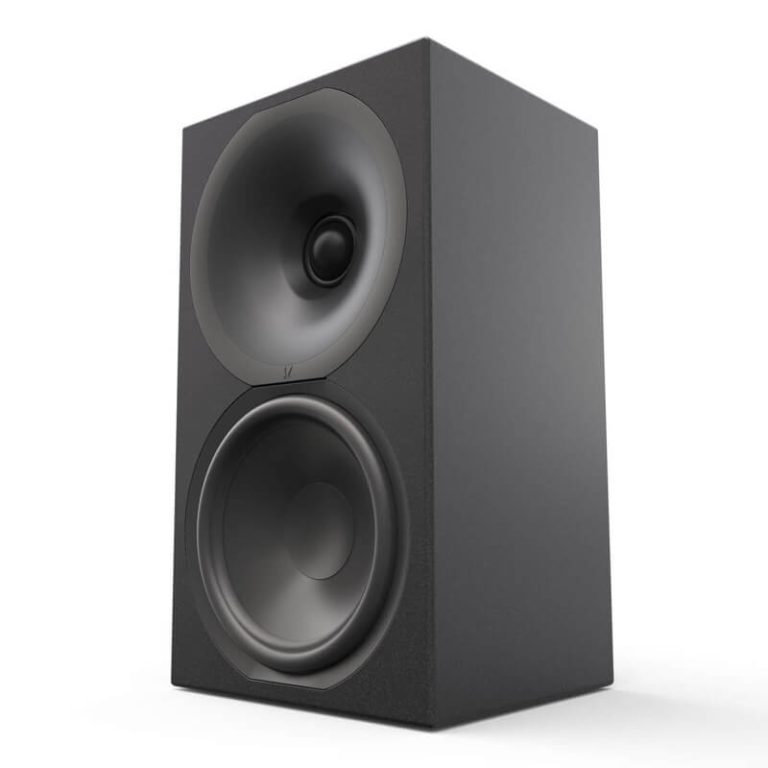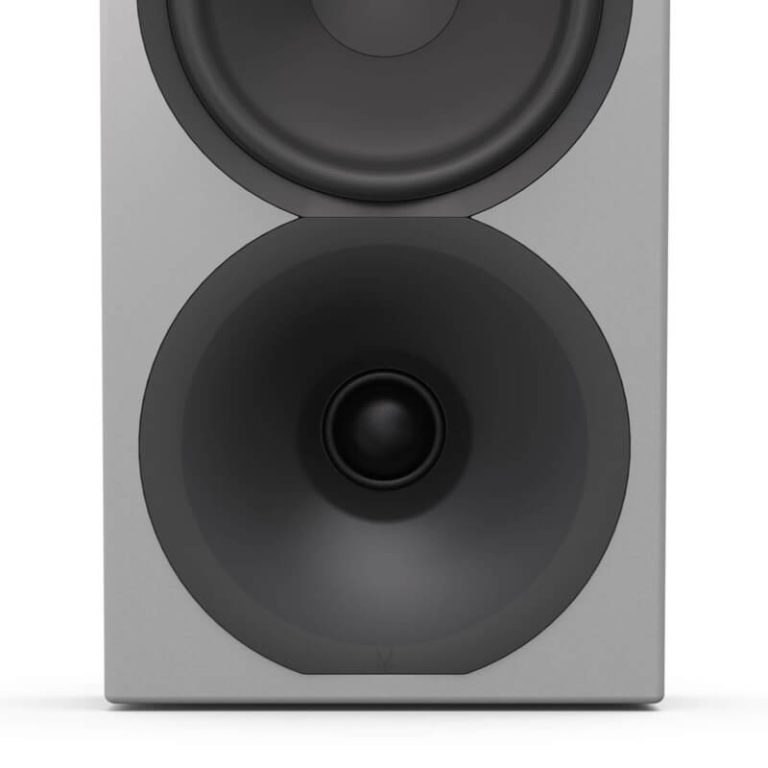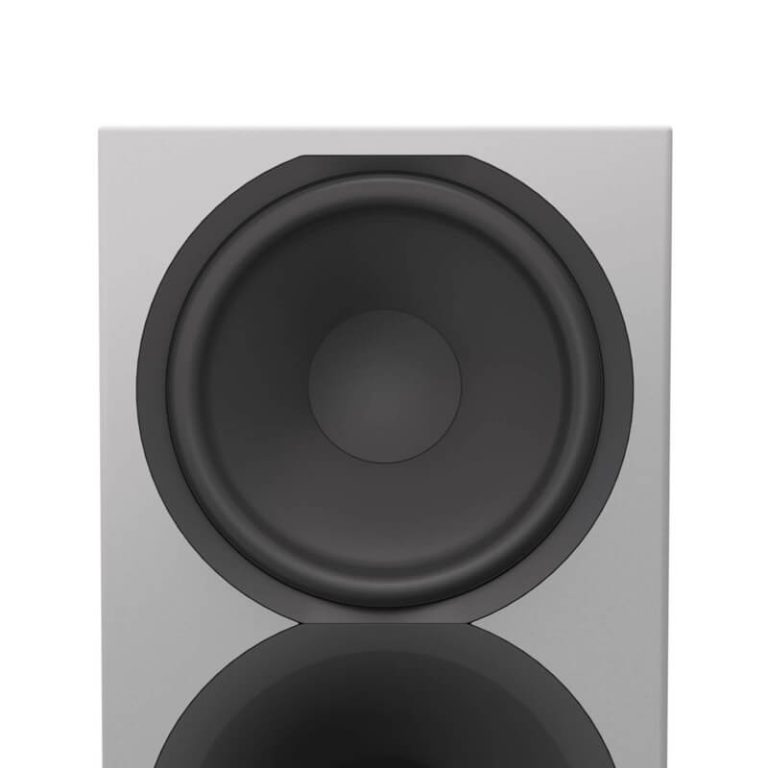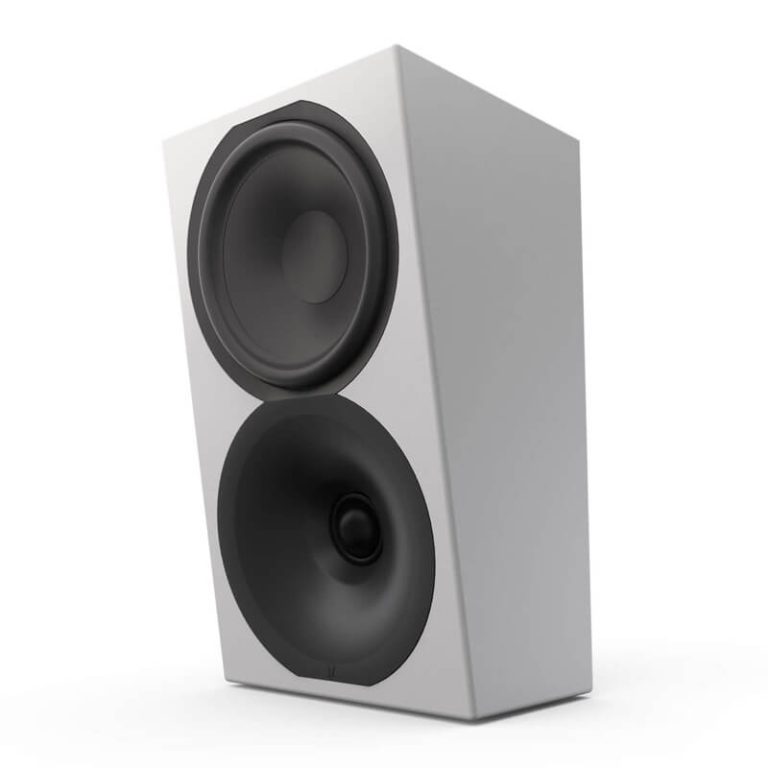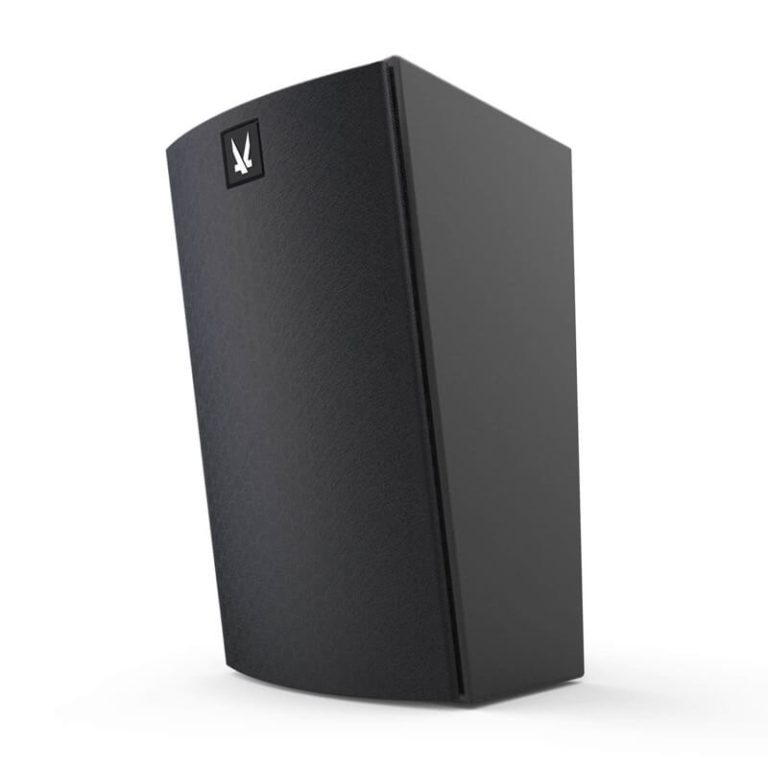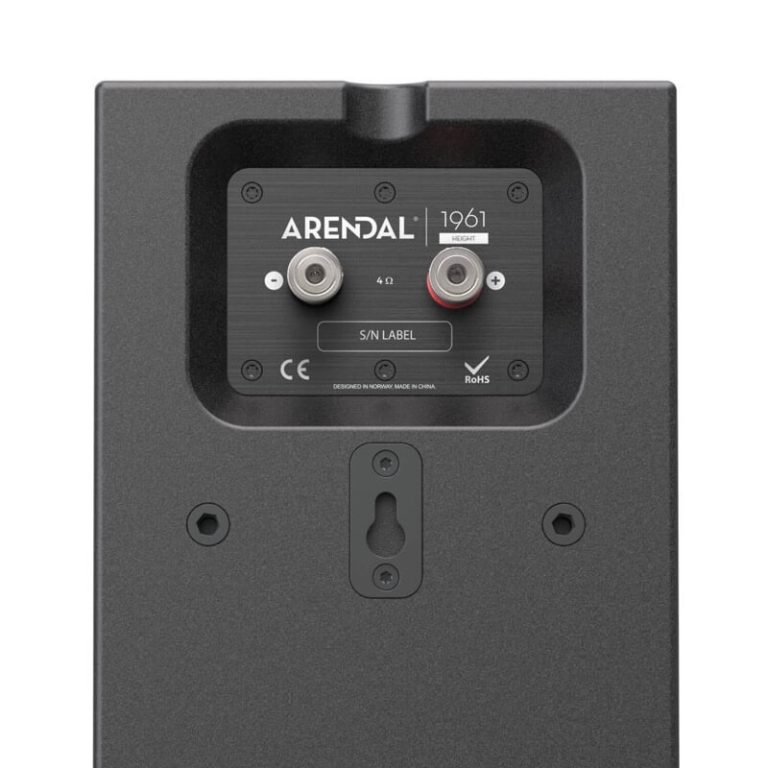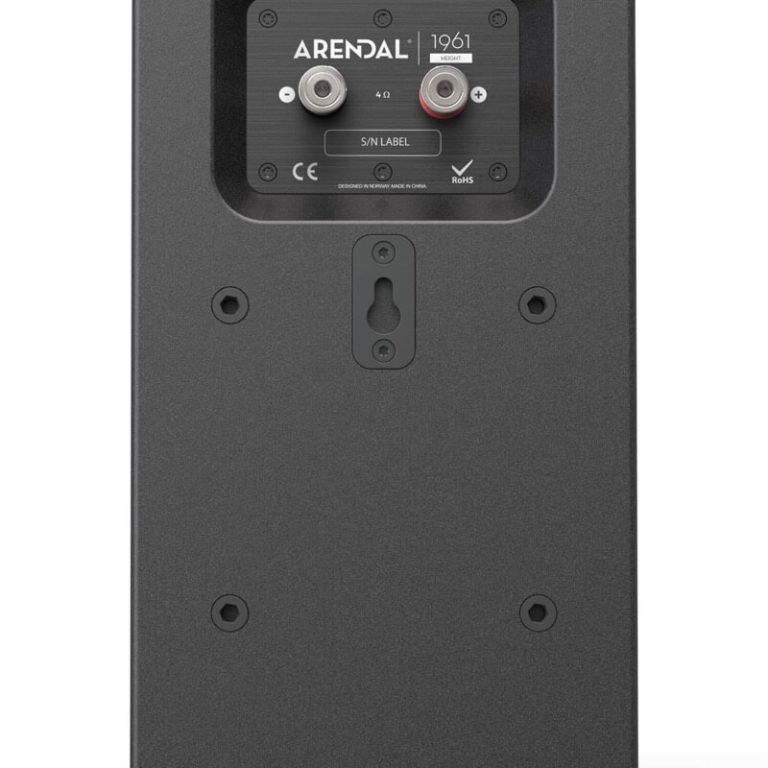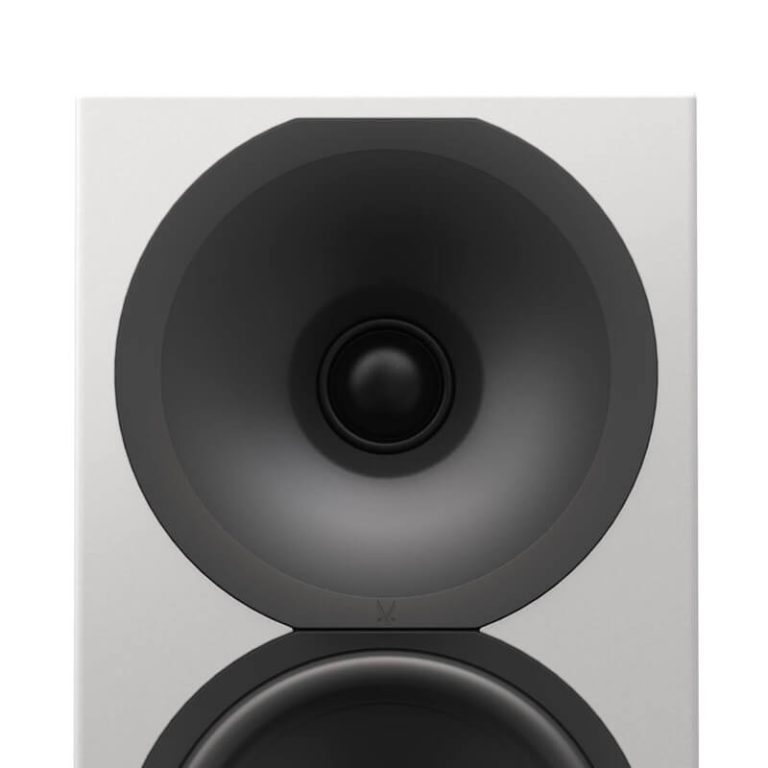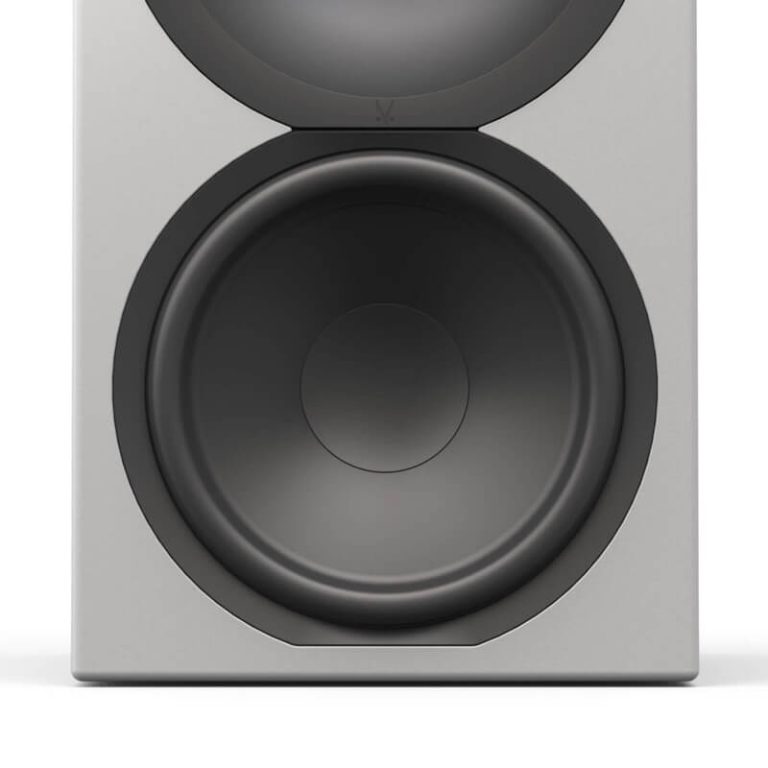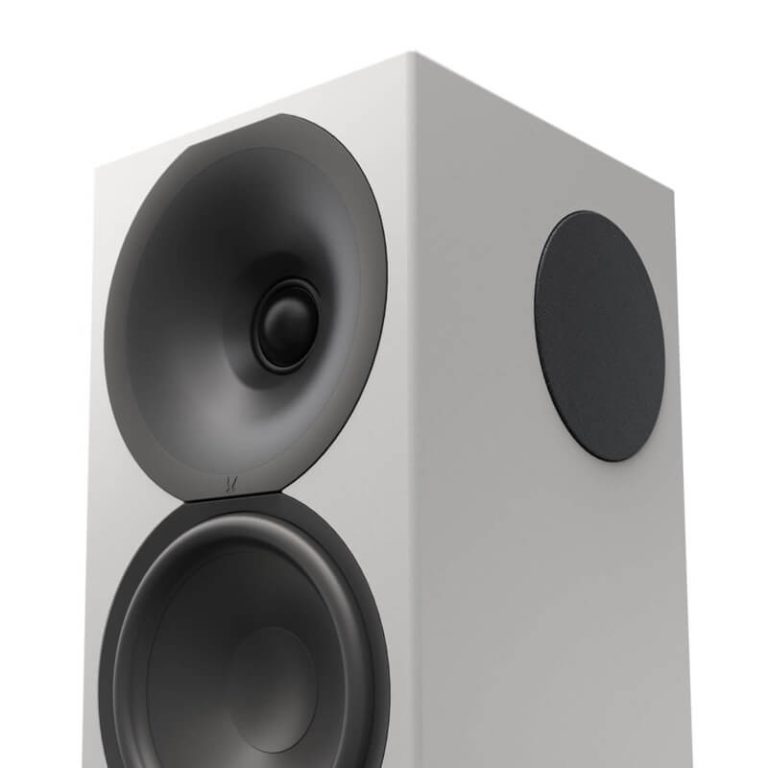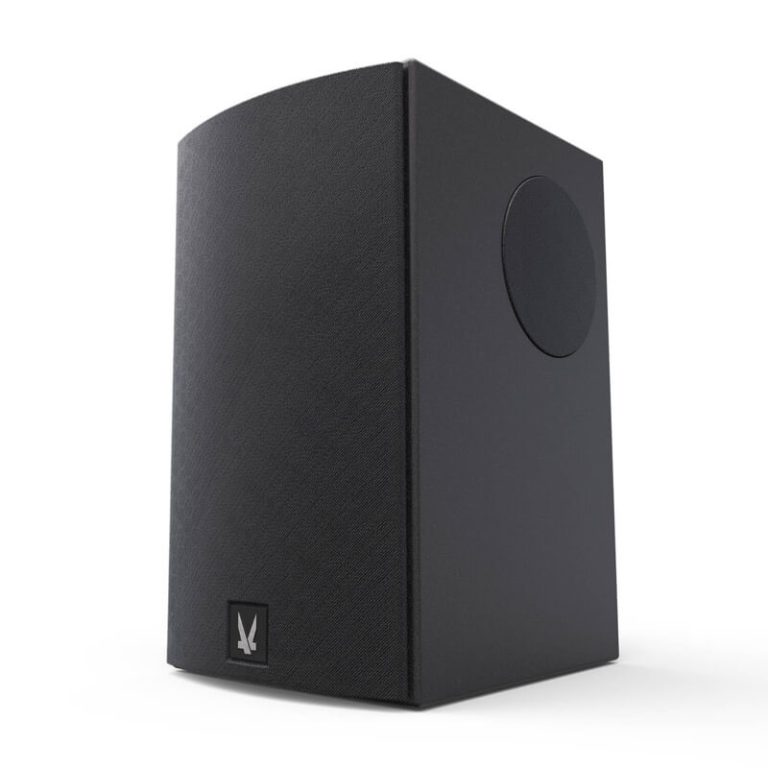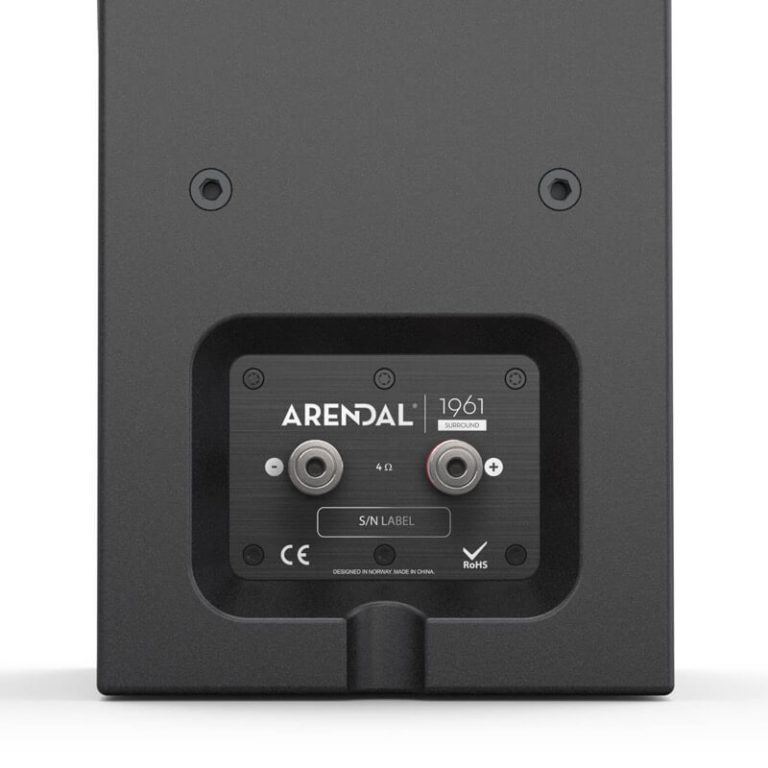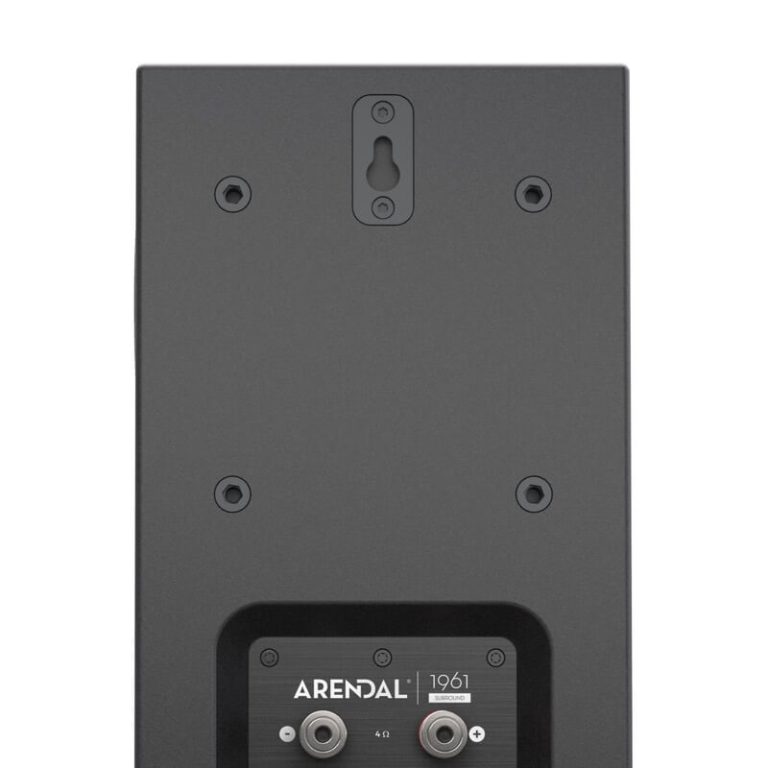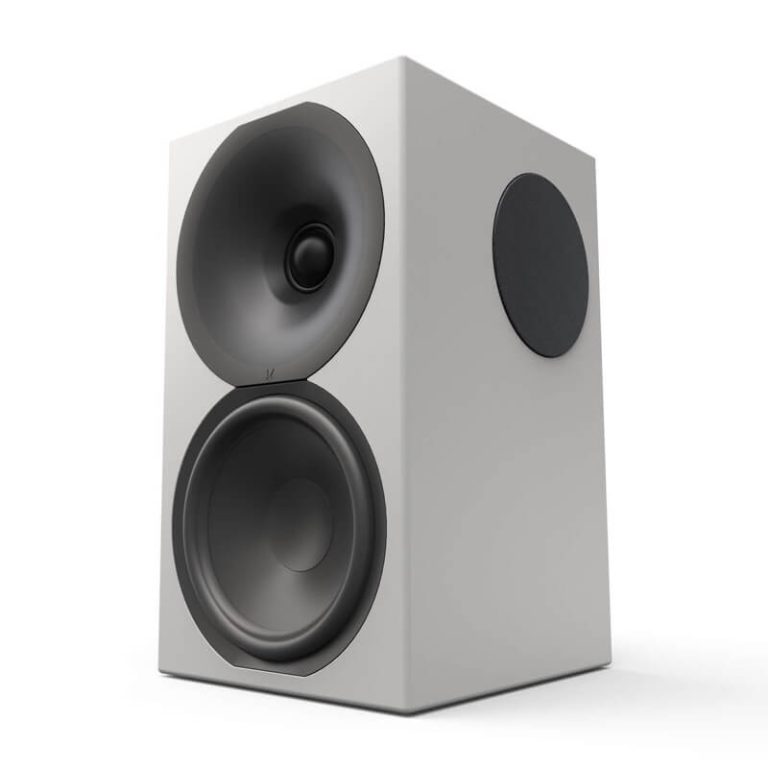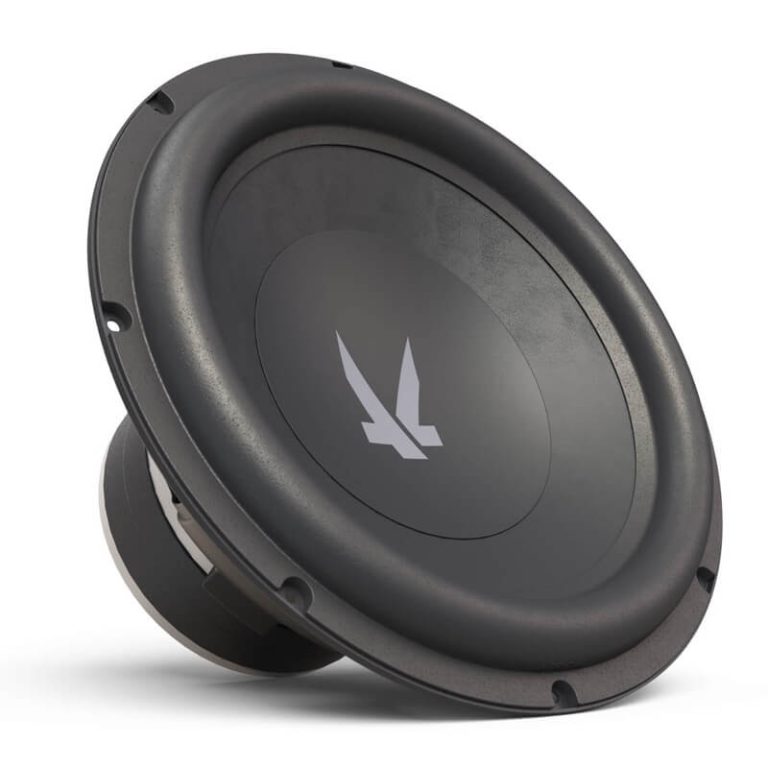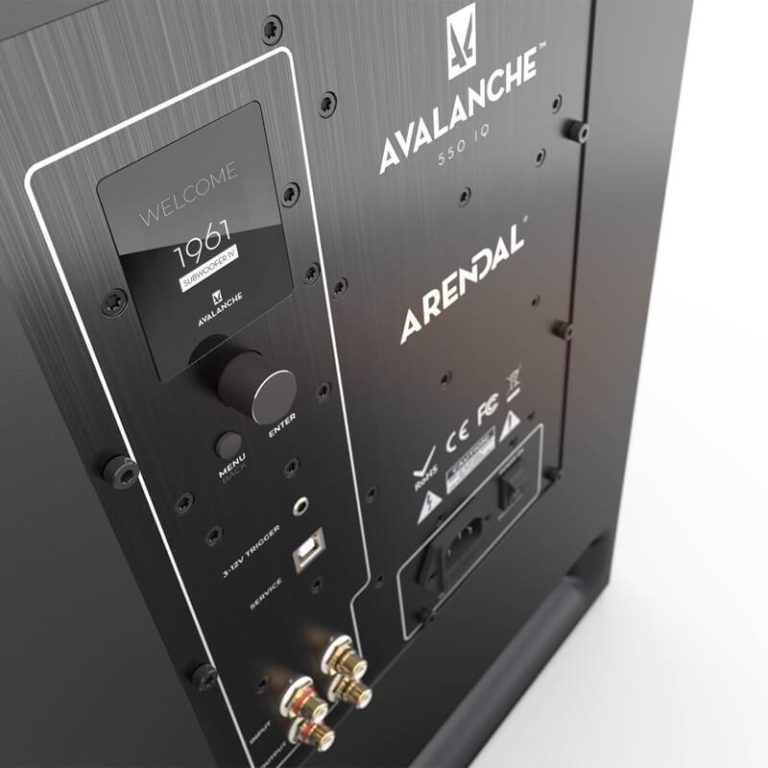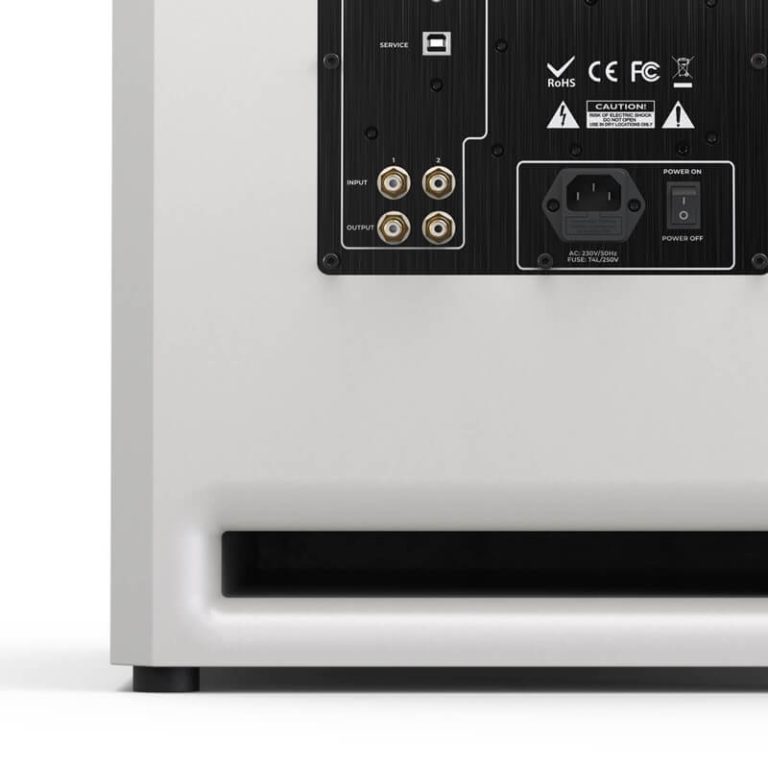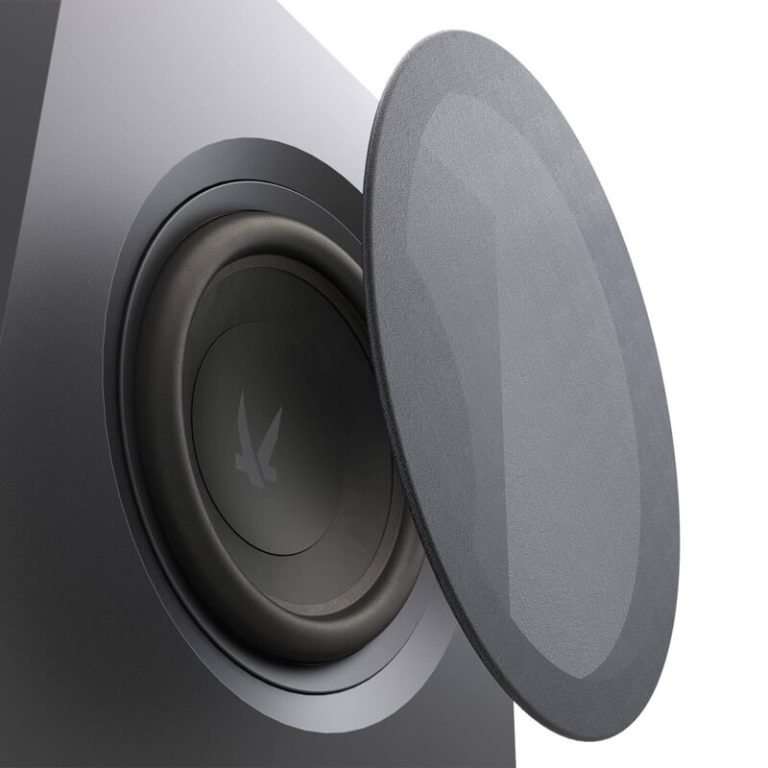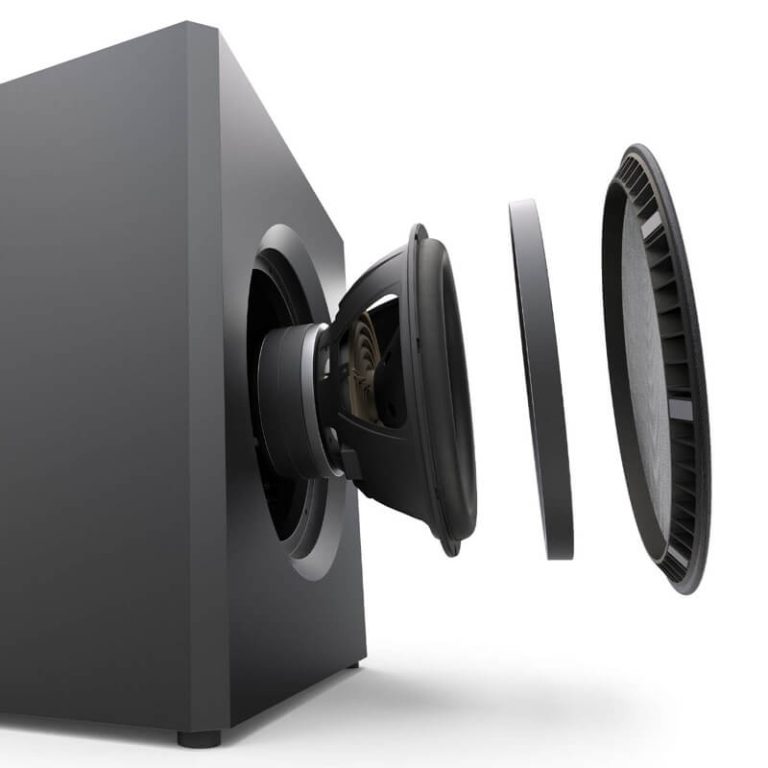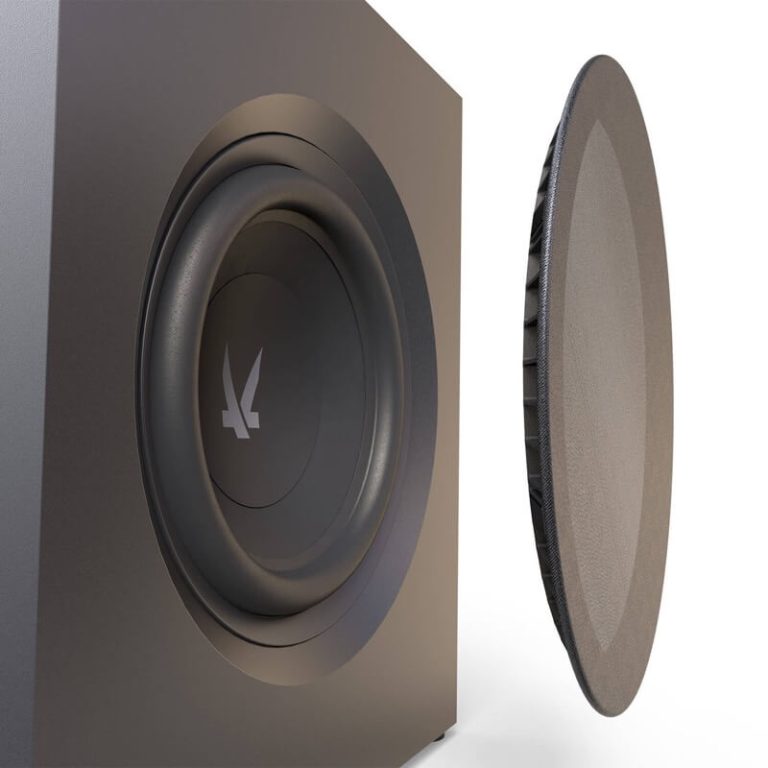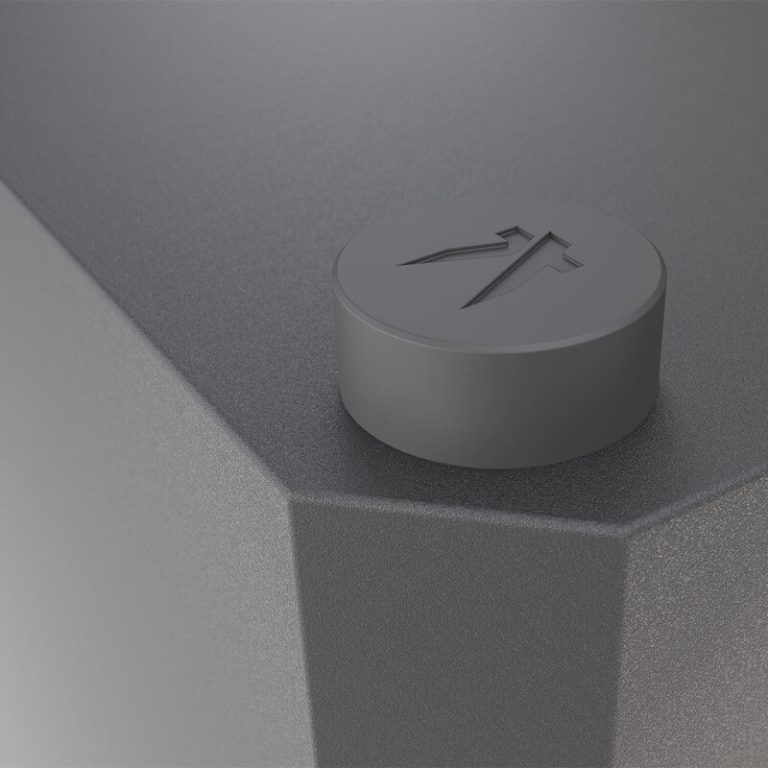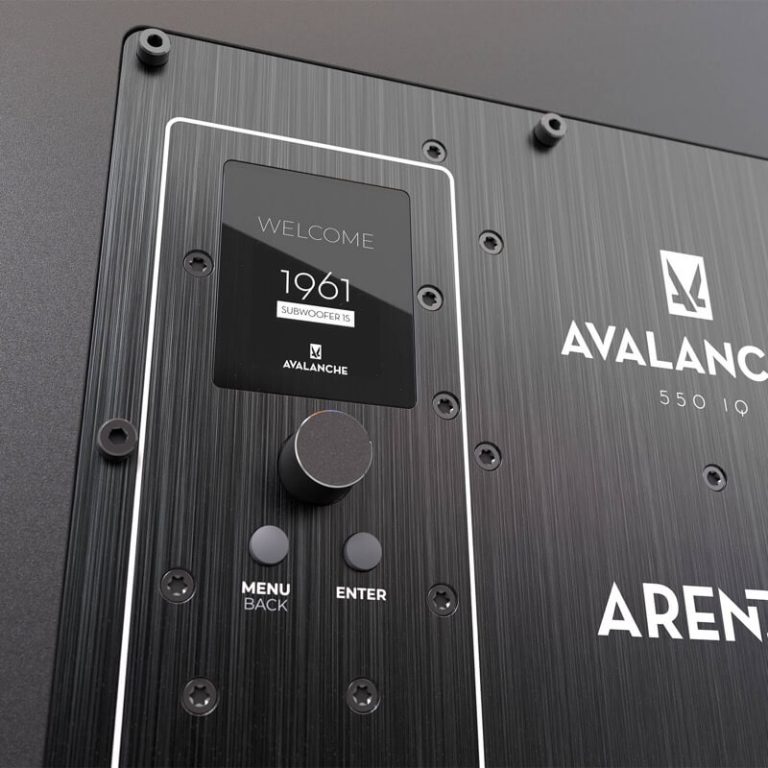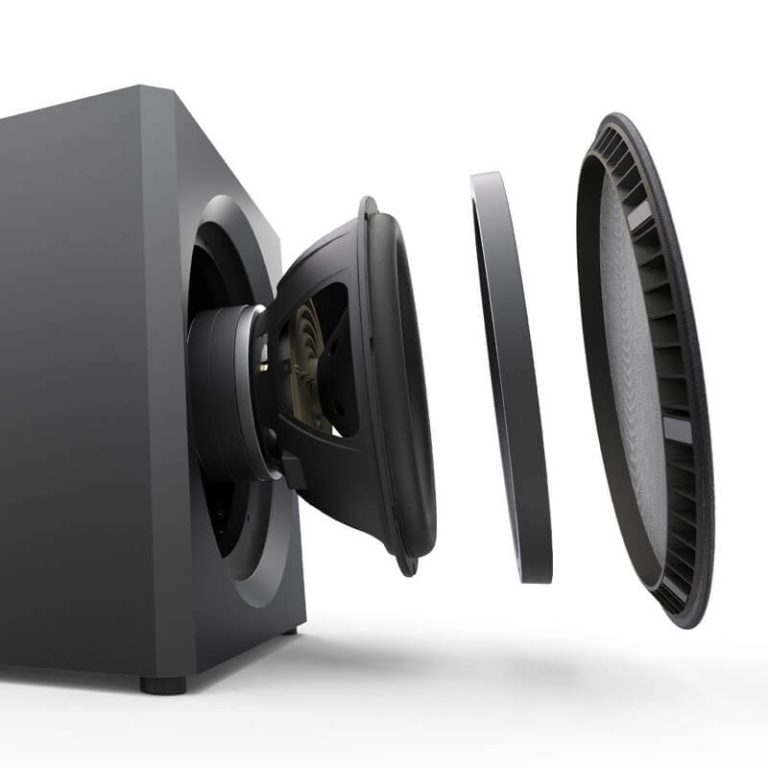RCA & XLR I/O
Avalanche 800 IQ & 1200 IQ have some aces on their hands. First, they have RCA & XLR inputs and outputs, but that’s just where it starts.
Variable Phase & Signal Inversion
Avalanche 800 IQ & 1200 IQ are equipped with both adjustable phase and signal inversion. Signal inversion inverts the signal, which means the same as 180 degrees phase, but these are “true” 180 degrees at all frequencies.
However, as with all variable phase shifts, the variable phase shifts slightly depending on the frequency. These two settings are very handy for achieving perfect alignment in a stereo system where there is no processor to delay the signal in time.
Auto on/off
Auto on is a feature that wakes up the subwoofer when you start playing material from the connected source. Most subwoofers on the market have different wake-up sensitivities, which can cause problems with some systems because you cannot change the sensitivity at the inputs.
With the Avalanche 800 IQ & 1200 IQ, we are offering you more than just one option. With the new automatic power-on function, you have the choice of several levels so that you can wake up your subwoofer at the right time for sound reproduction. Choose between low, medium and high wake-up sensitivity and you are set for seamless use of your subwoofer.
The days when you had to crank up the master volume to turn on the subwoofer are over with the new auto on feature!
Subsonic Filter and Slope
The subsonic filter is user selectable and adjustable from 12 to 31 Hz, or you can turn it off completely. The slope is also adjustable from 6 to 12 dB per octave. This feature can come in handy for adjusting the low bass level to suit your room or preferences. The amplifier has a built-in subsonic filter that is activated at 10 Hz, to protect the amplifier’s power supply.
Right on Time
To save energy, it’s important that your equipment shuts down when not in use. Avalanche 800 IQ & 1200 IQ let you decide when to enter sleep mode after use, for a period of 5 to 60 minutes in 5-minute increments.
Low Pass Filter and Slope
The low-pass filter (LPF) is selectively switched on or off and can be adjusted in steps of 1 Hz to 30–160 Hz. For the feinschmecker, the LPF slope can also be adjusted with 6/12/18/24dB filter curves to perfectly match the subwoofer to your system. Of course, you can adjust the phase in 10 degree steps and with full signal inversion (on/off).
EQ Modes & Parametric Equalizer
We offer up to 6 EQ modes to choose from. 3 EQ modes for sealed and 3 EQ modes for vented cabinets. Our 1723 vented subwoofers offer all 6 EQ modes as the ports can be plugged to operate the 1723 as sealed subwoofers. You get a flat frequency response in half space down to under 20Hz in EQ1 mode, EQ2 mode will start tapering off half an octave above the +-3dB frequency point of EQ1 and EQ 3 mode will start tapering off one octave above the +-3dB frequency point of EQ1. This is the same for vented and sealed.
Avalanche 800 IQ & 1200 IQ also has a built-in 7-band PEQ that can be tailored to suit your room. It is extremely accurate to enable a perfect integration in your room. The frequency is set at 1Hz-increments and the Q is adjustable all the way from 0.3 up to 10, so you can target sharp irregularities in your room response.
Levels & Input Gain
The Avalanche 800 IQ & 1200 IQ amplifiers are equipped with an adjustable input gain to match your source output level, as well as an adjustable master level for perfect integration in your setup. You also have the option of setting the level to reference position, which is recommended for most users with an AVR. For ease of use we have also implemented a feature that allows you to select a reference level for multiple subwoofers used together in the same setup.


